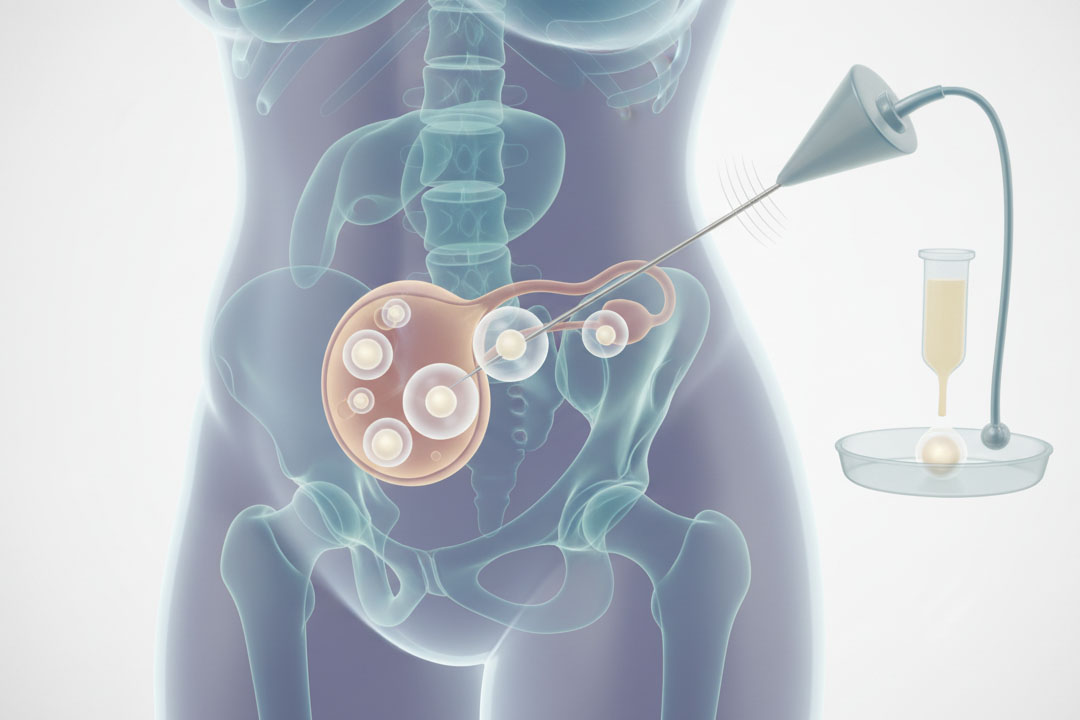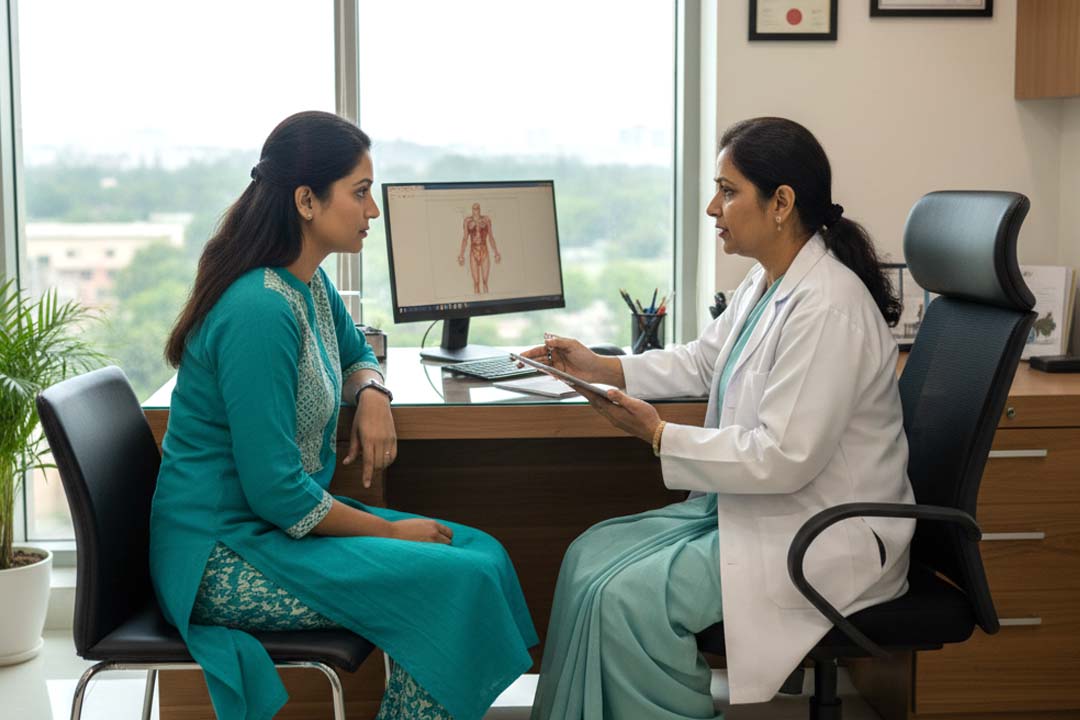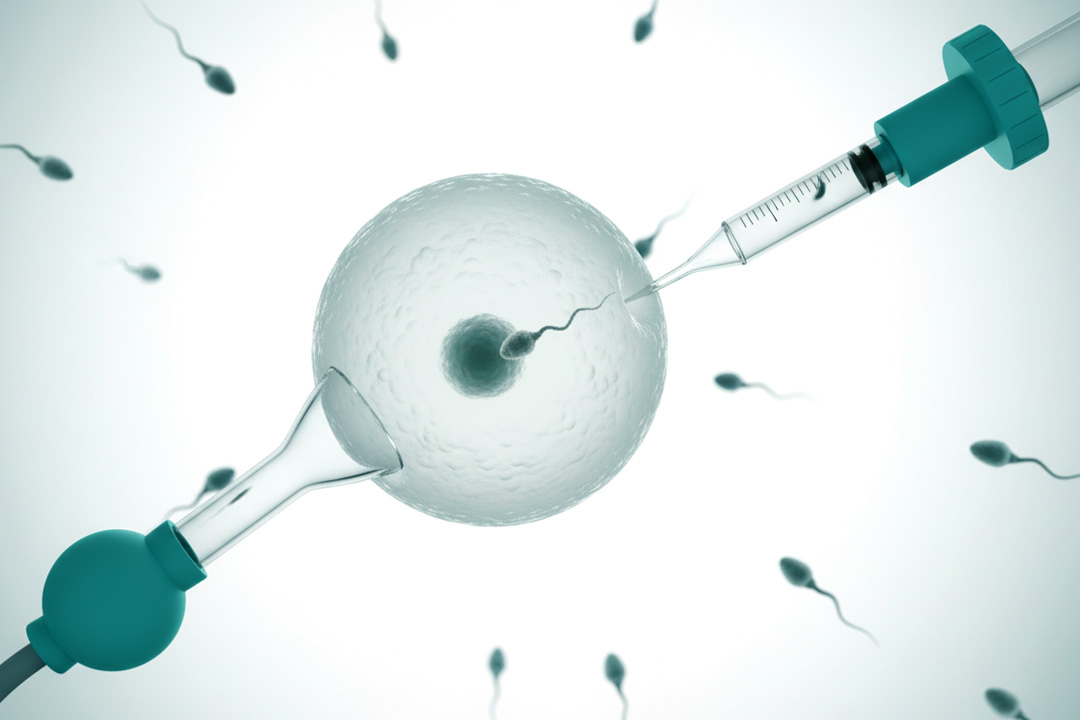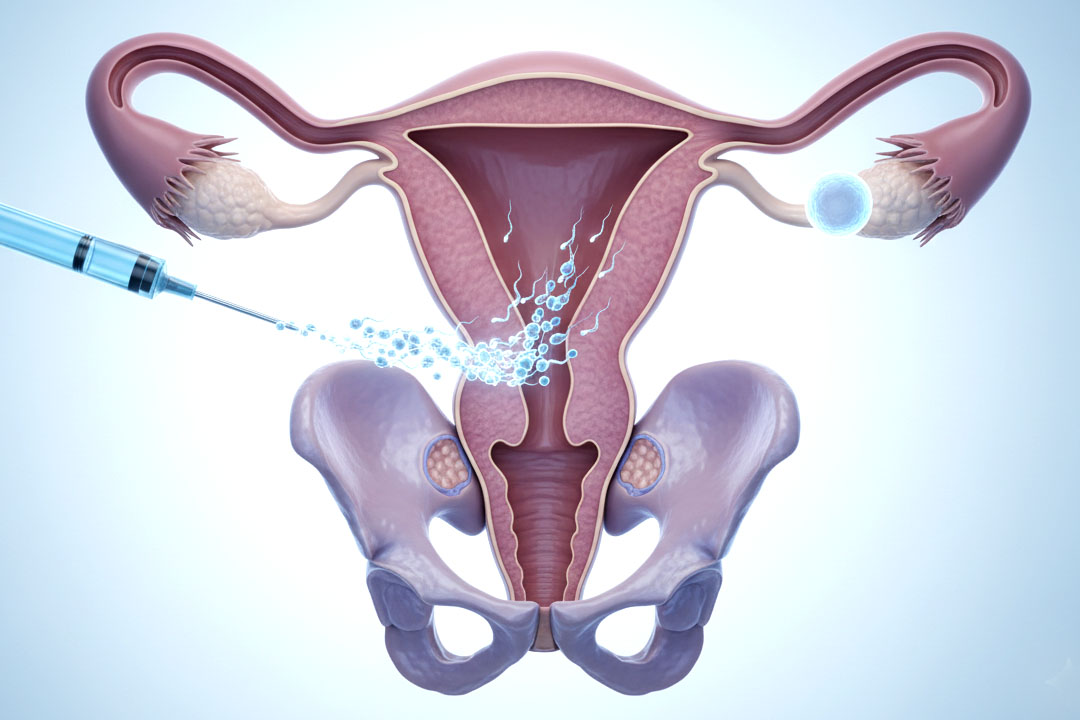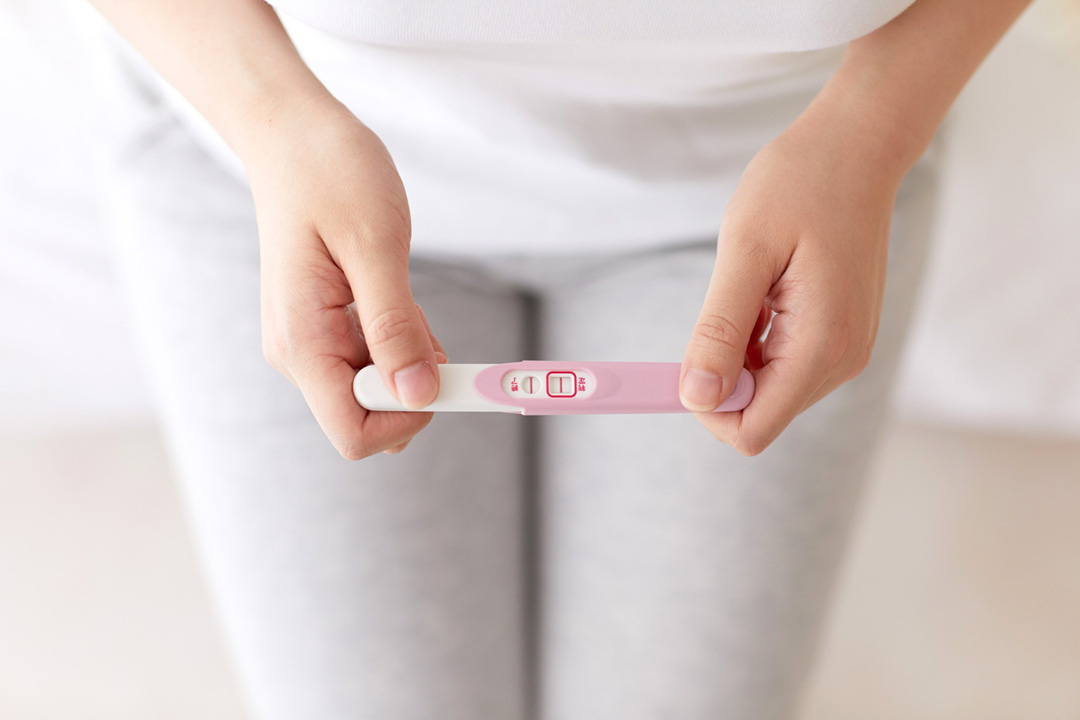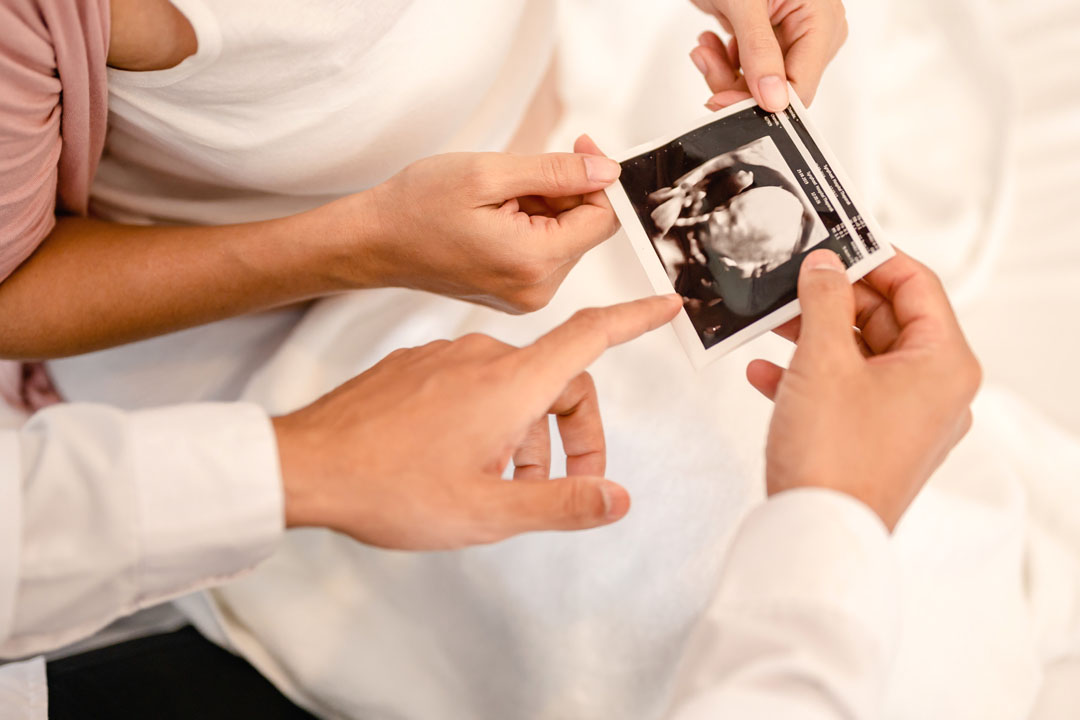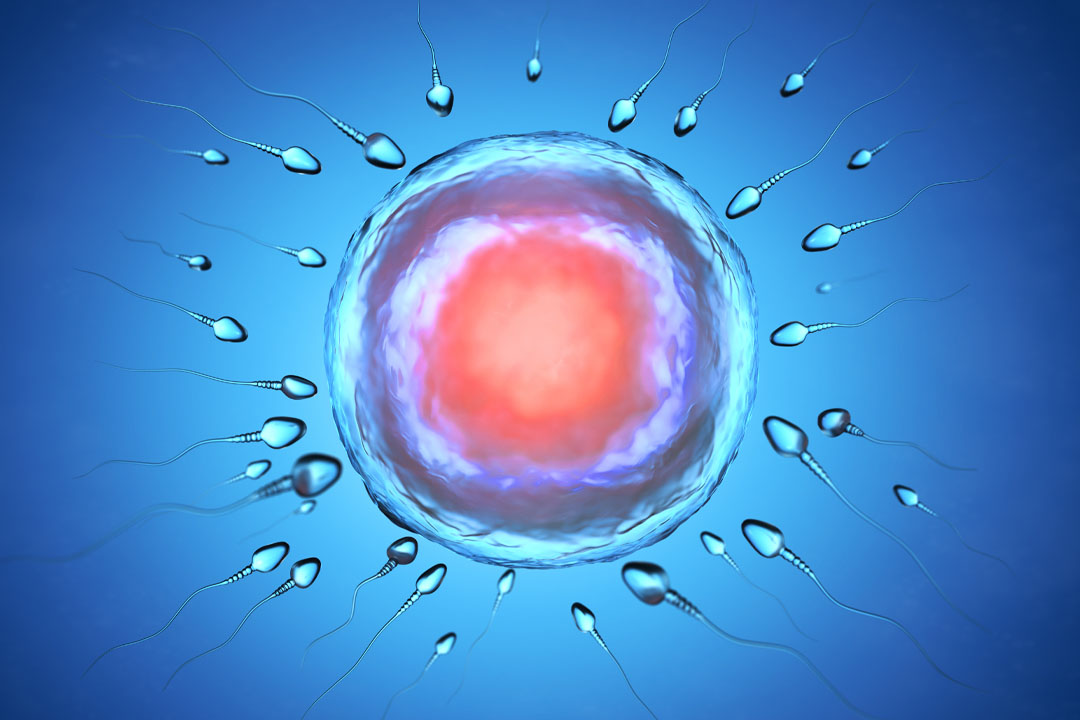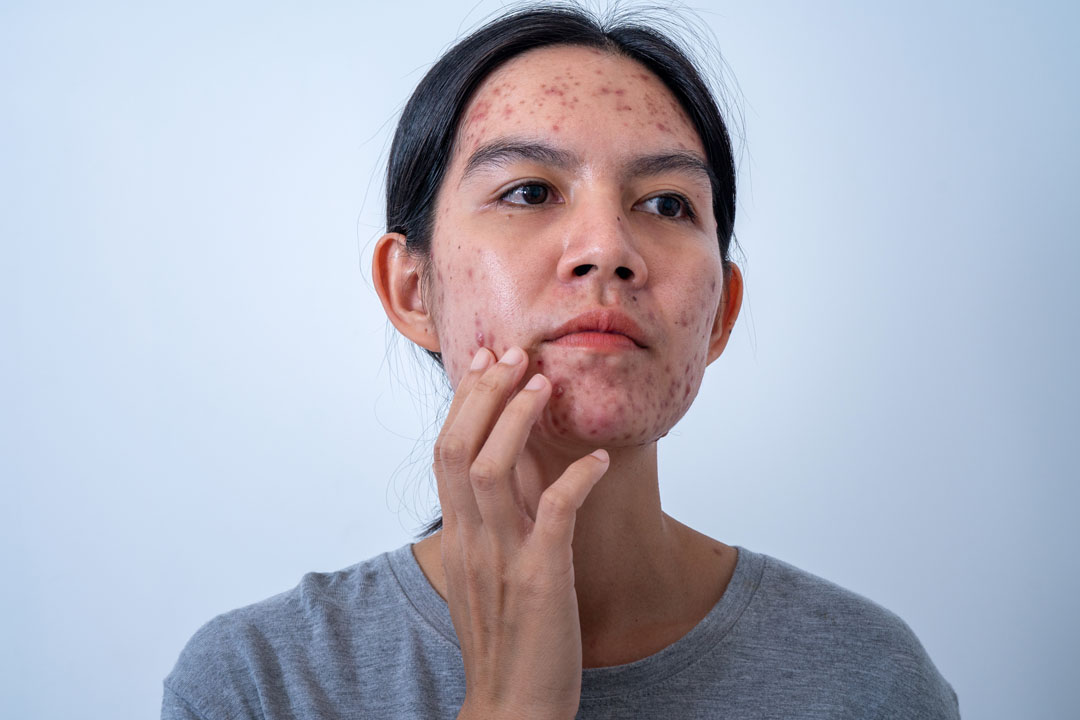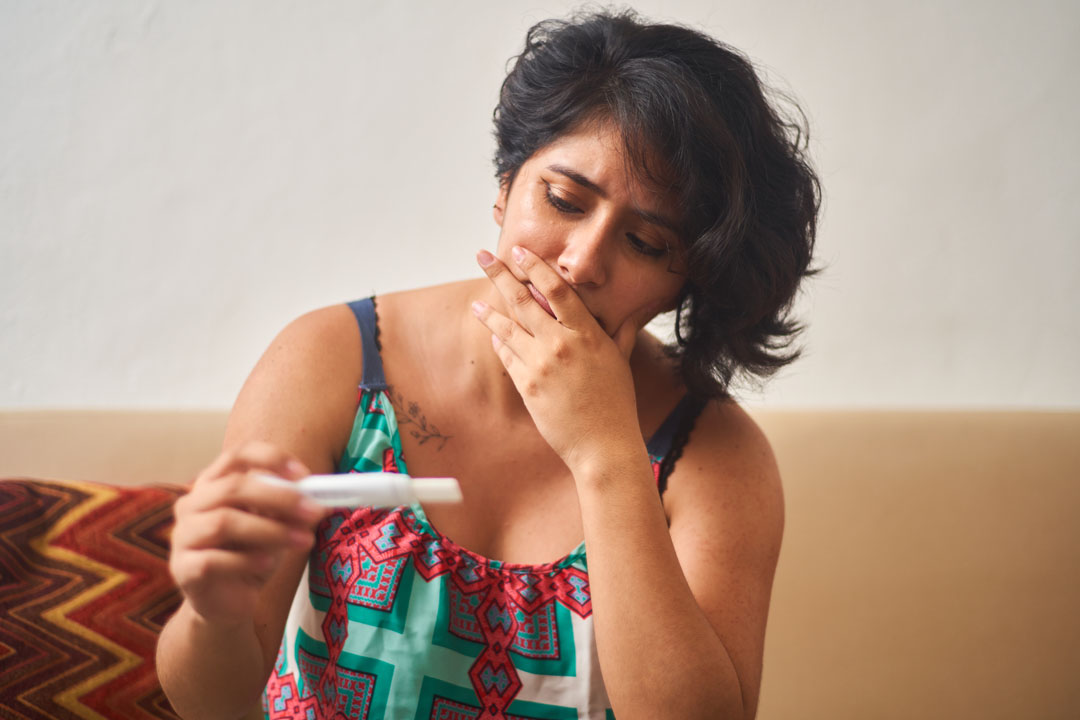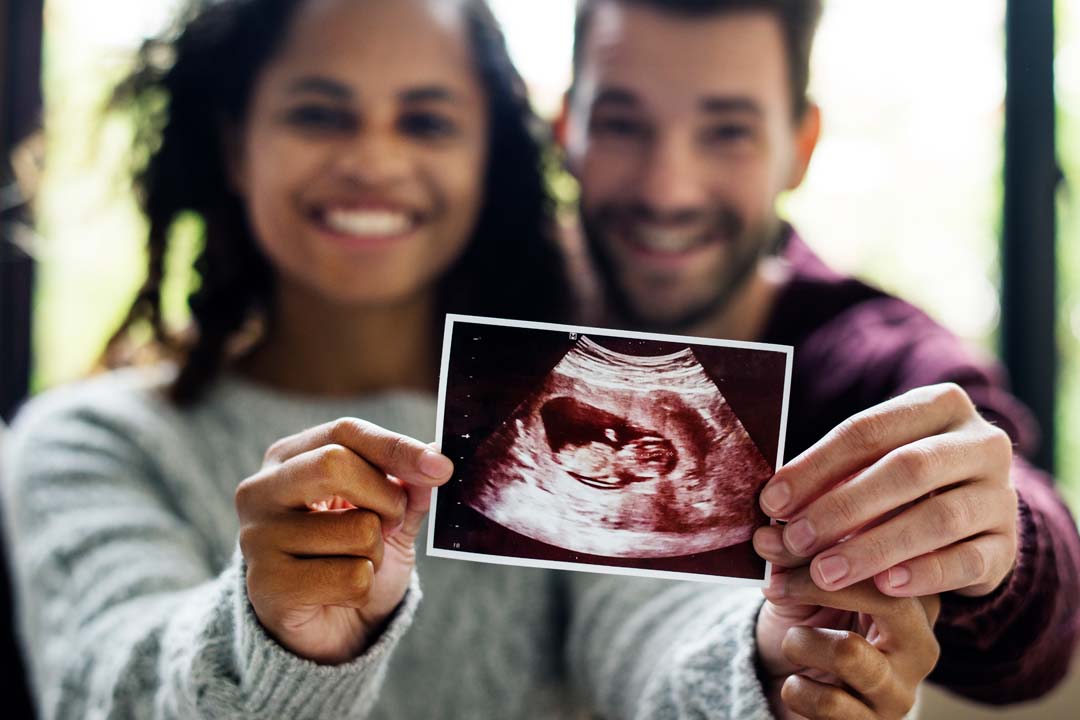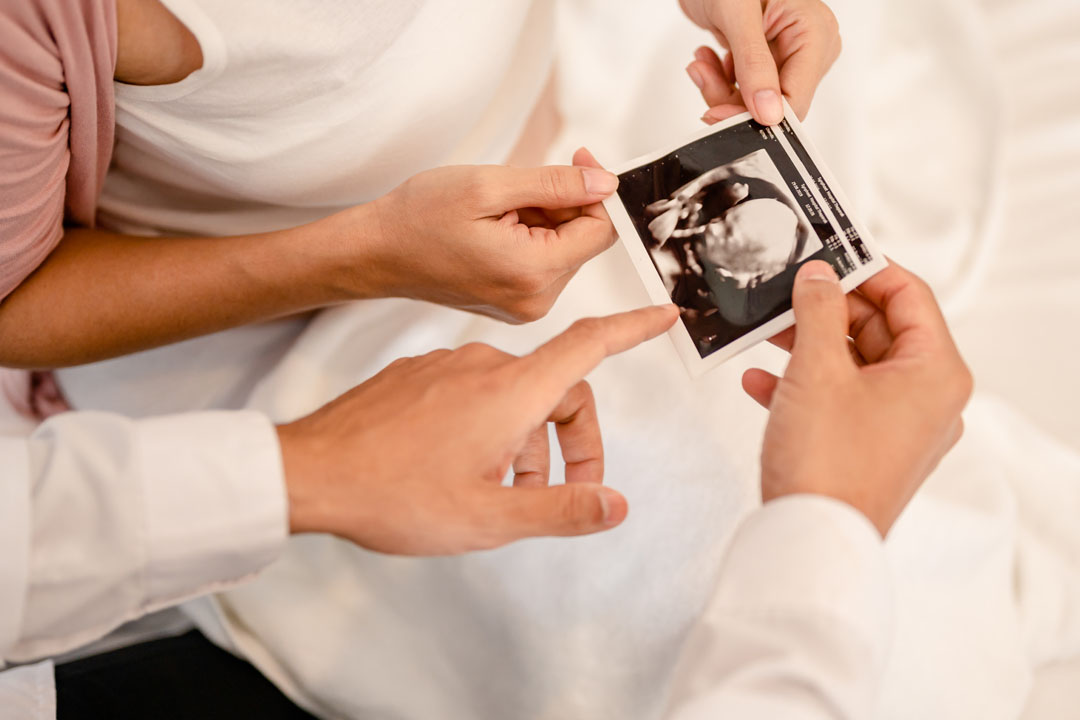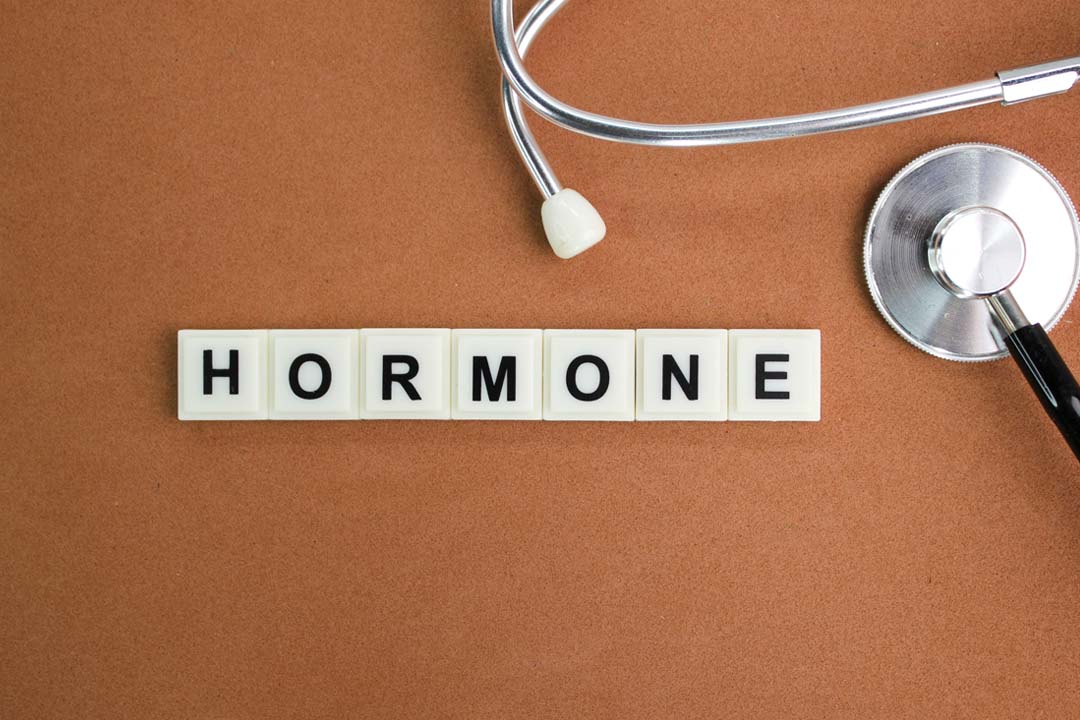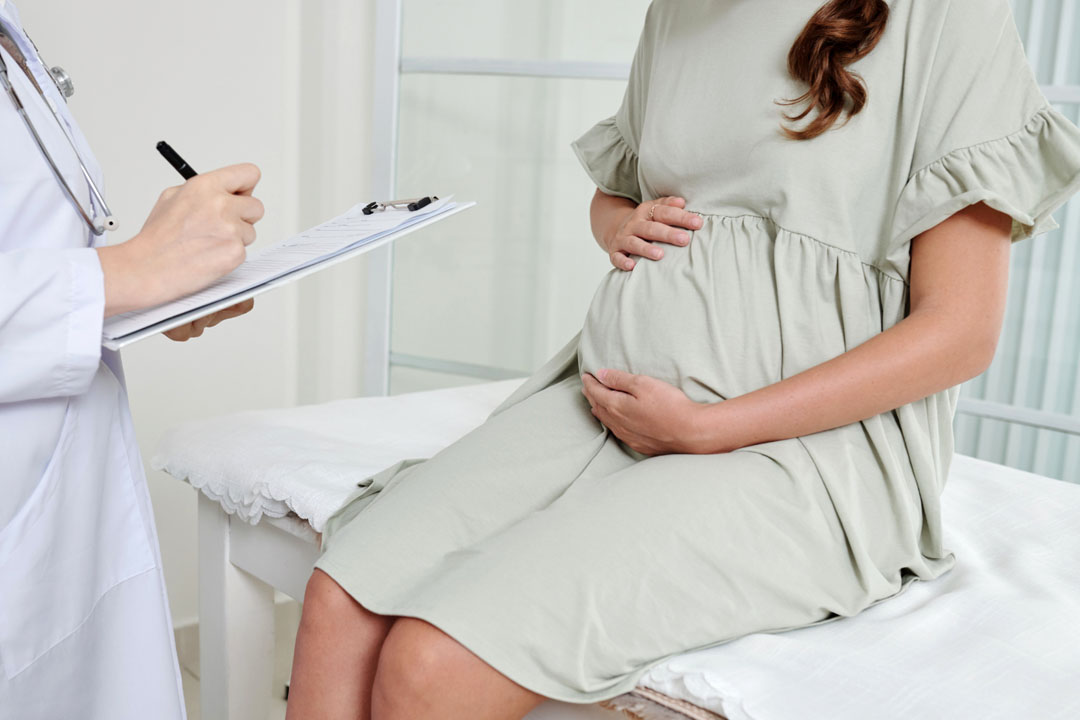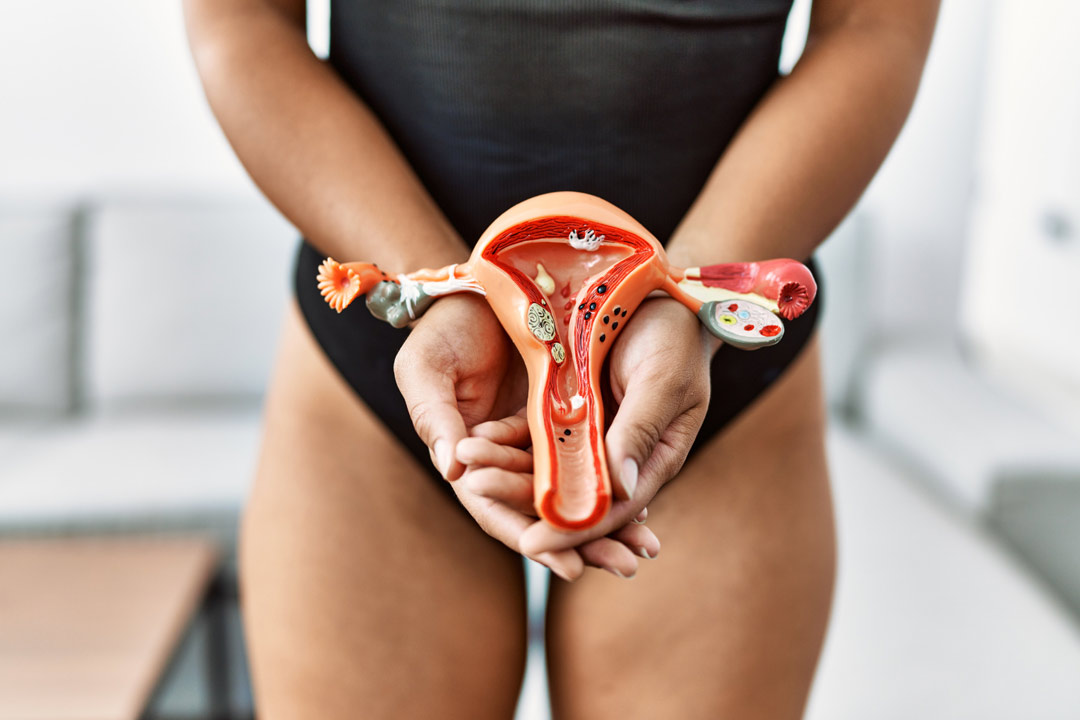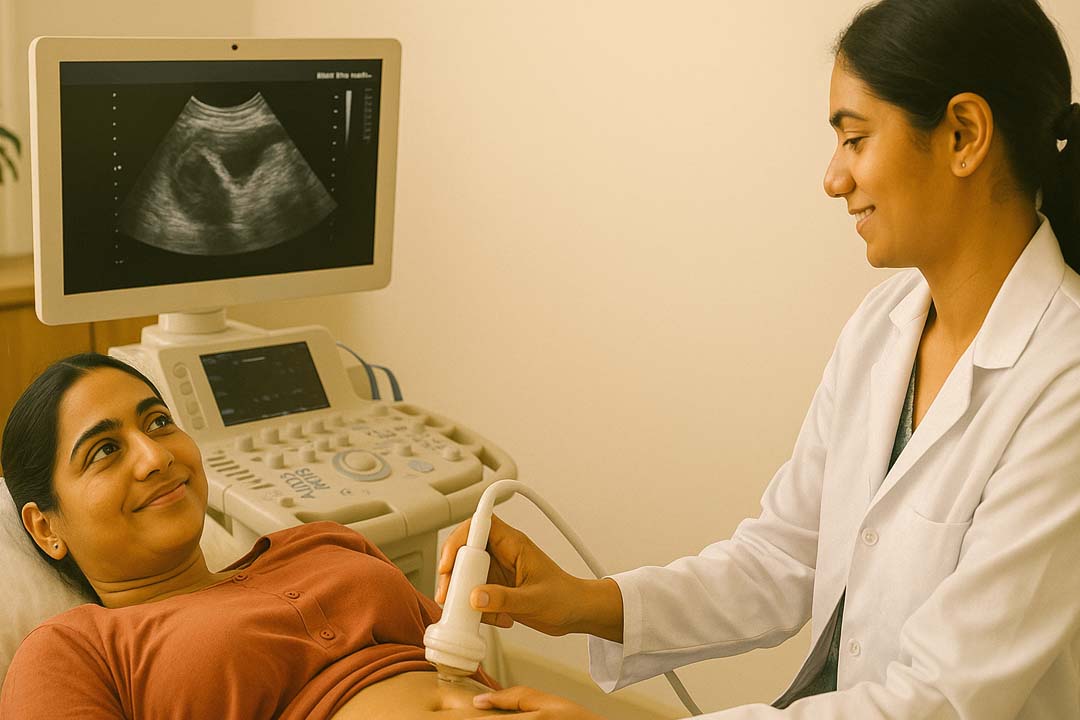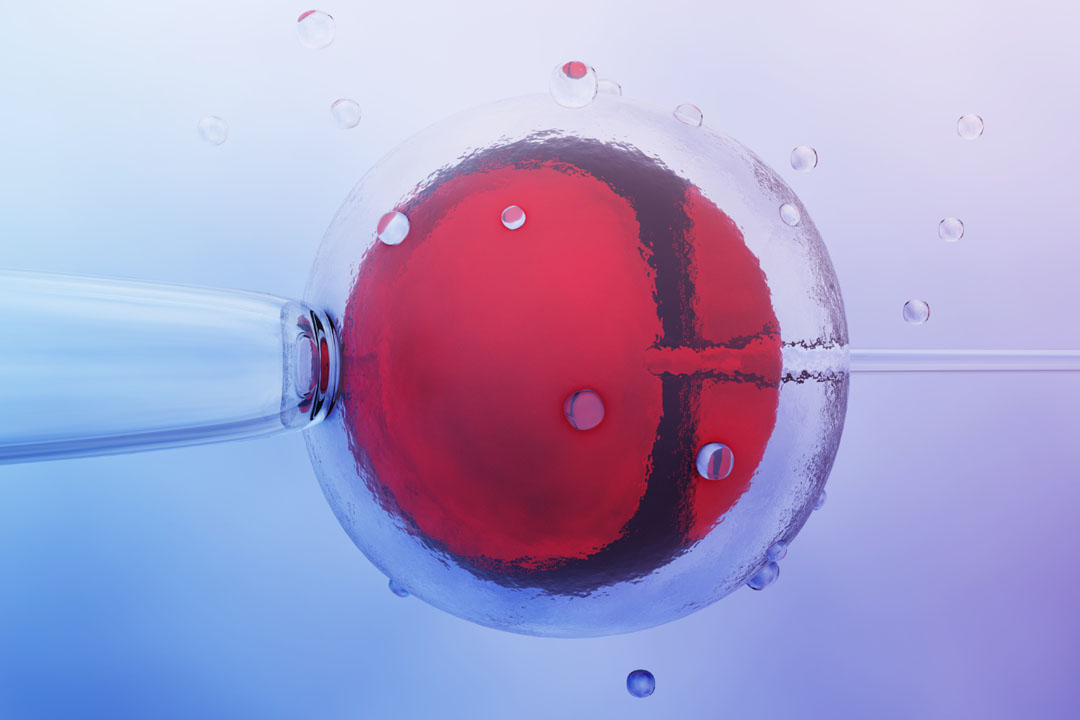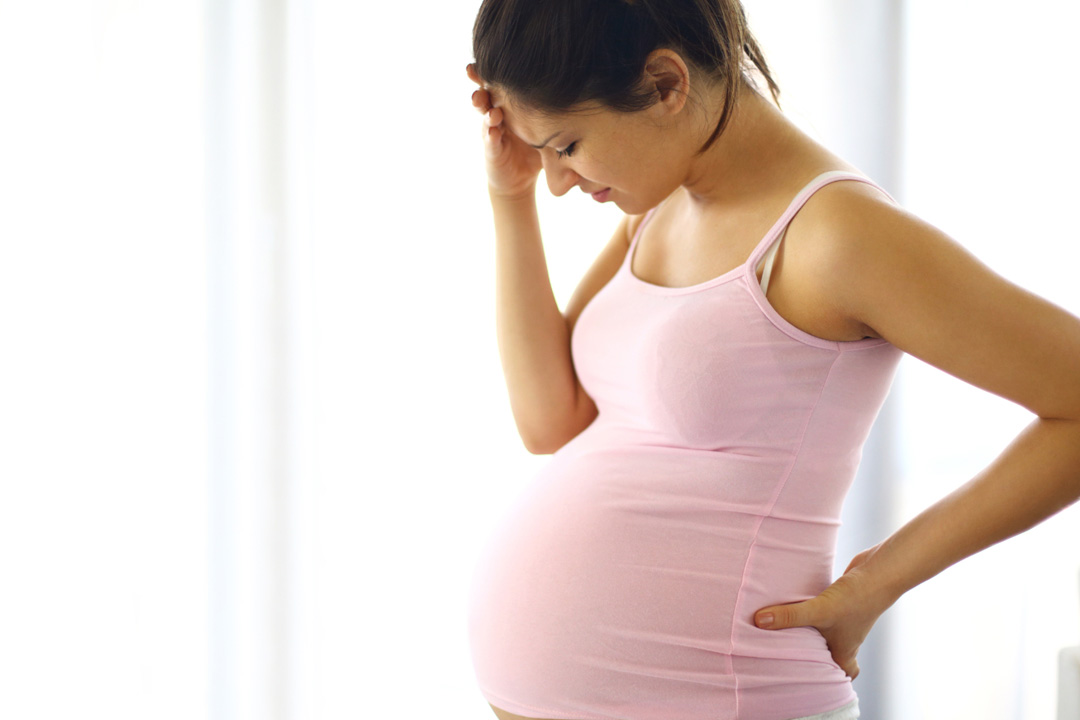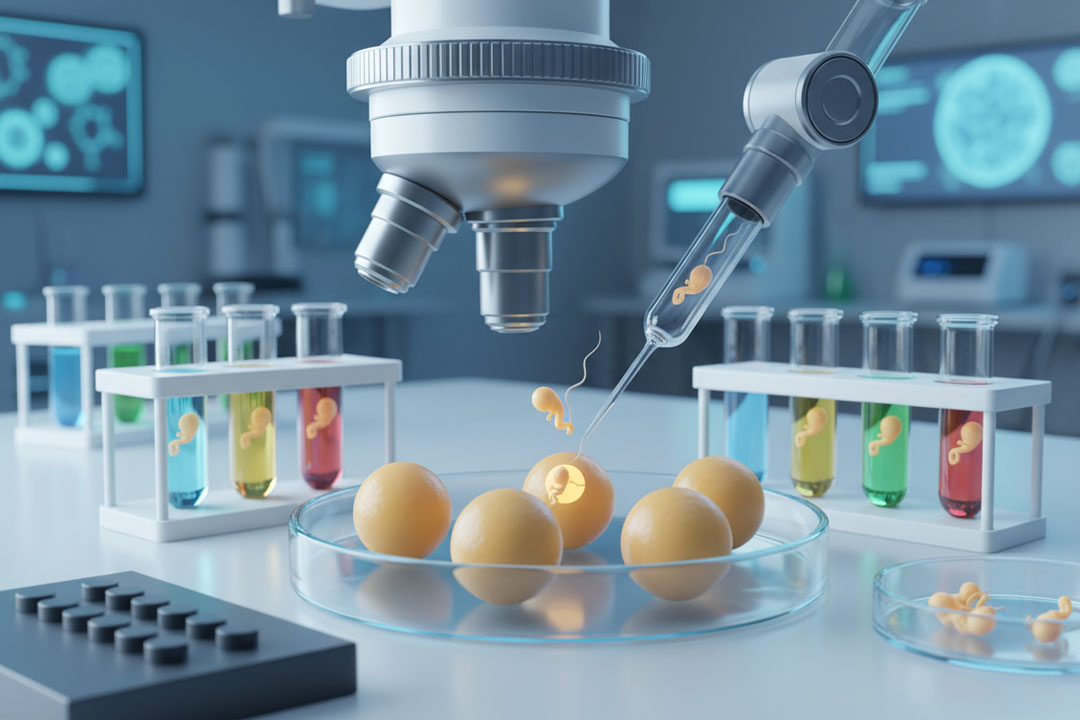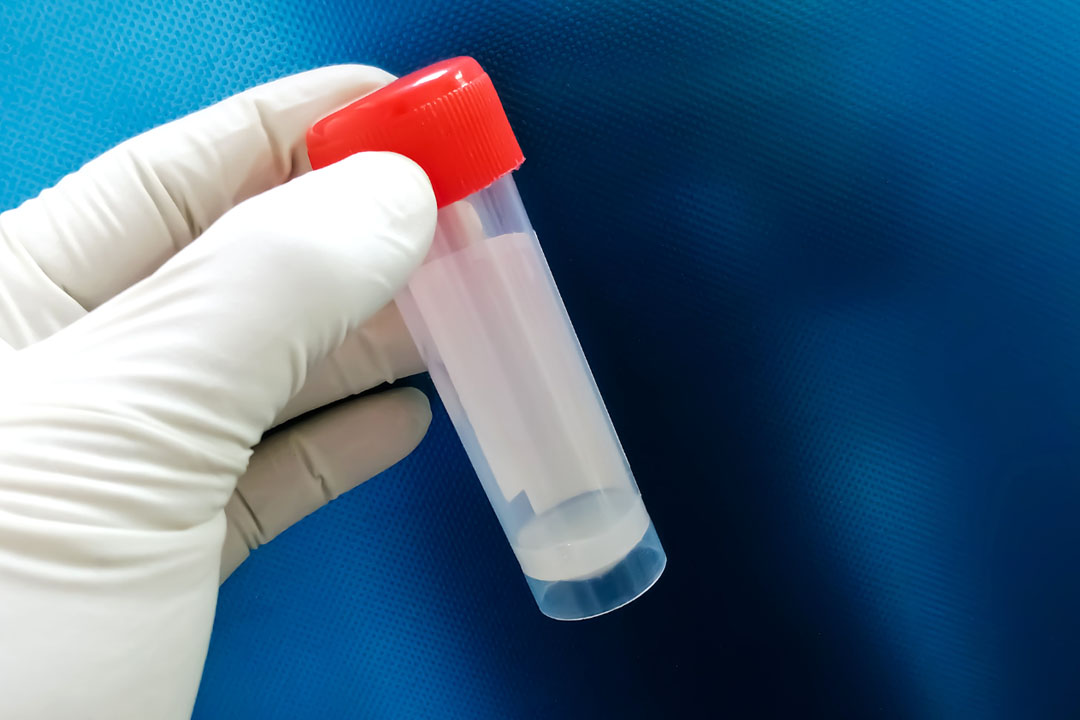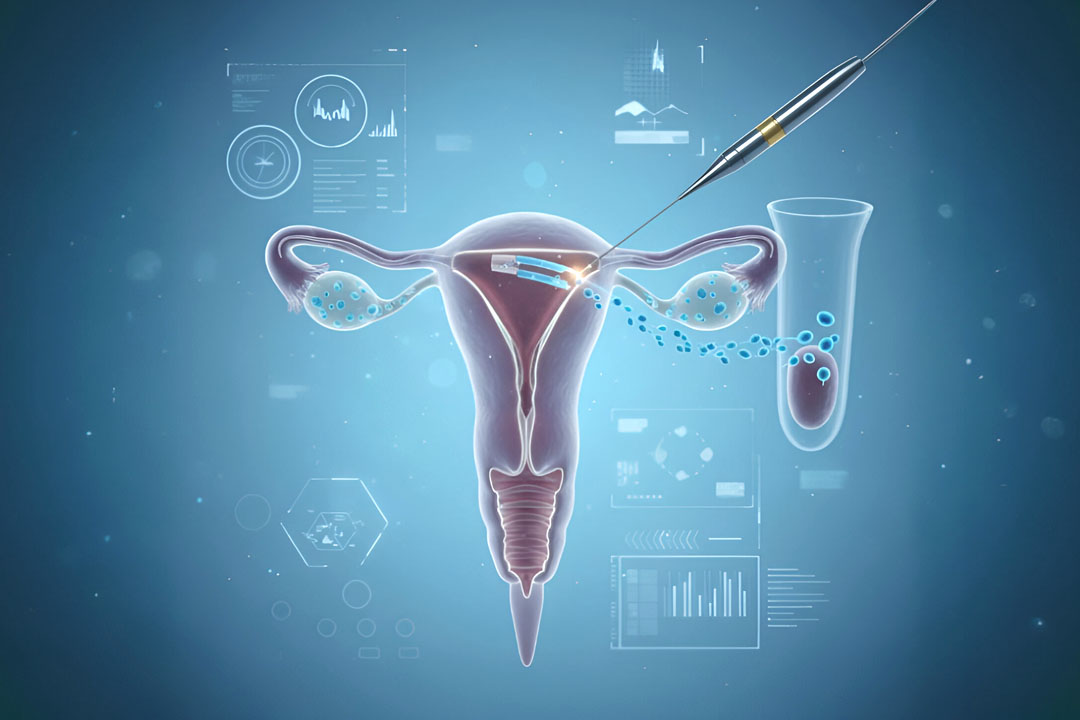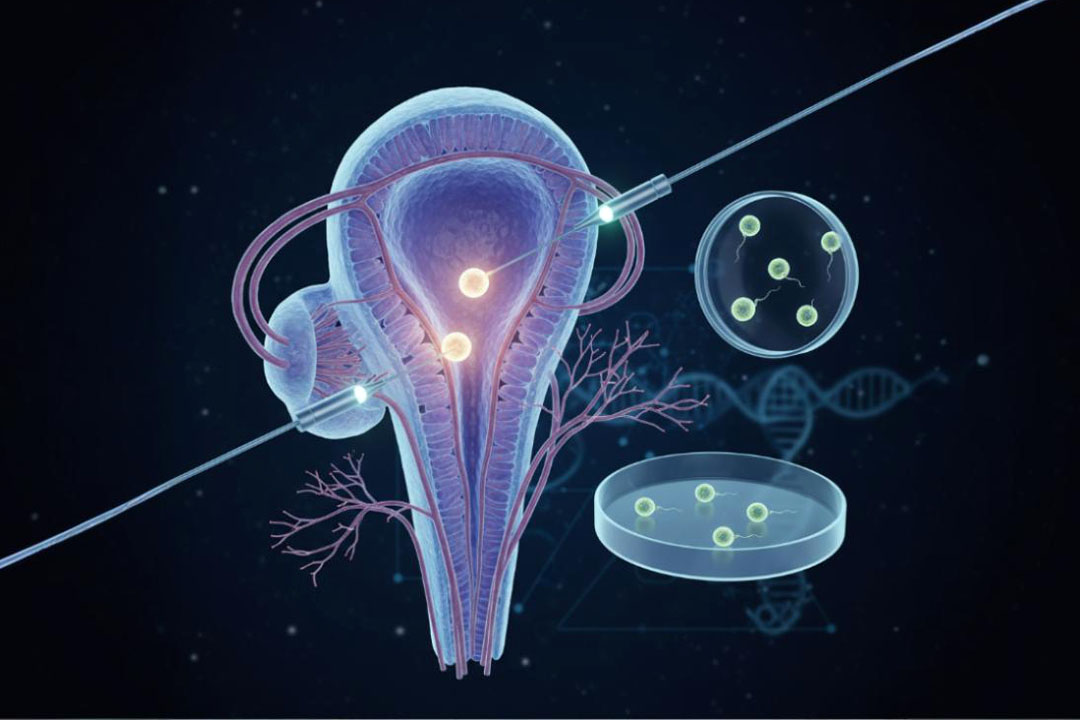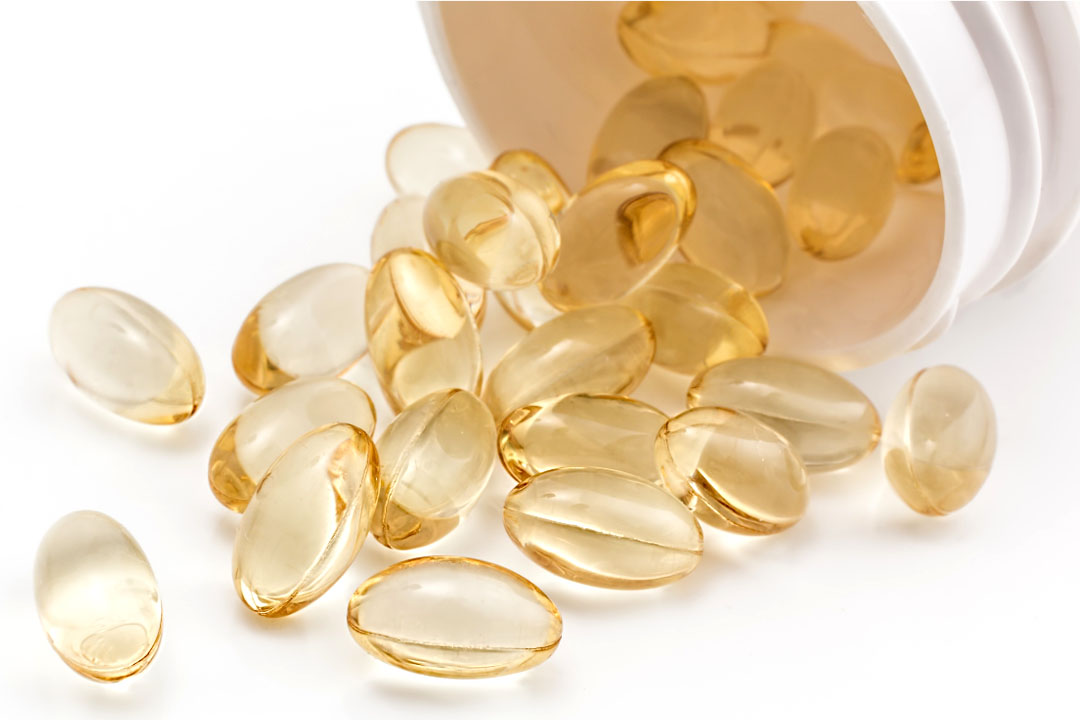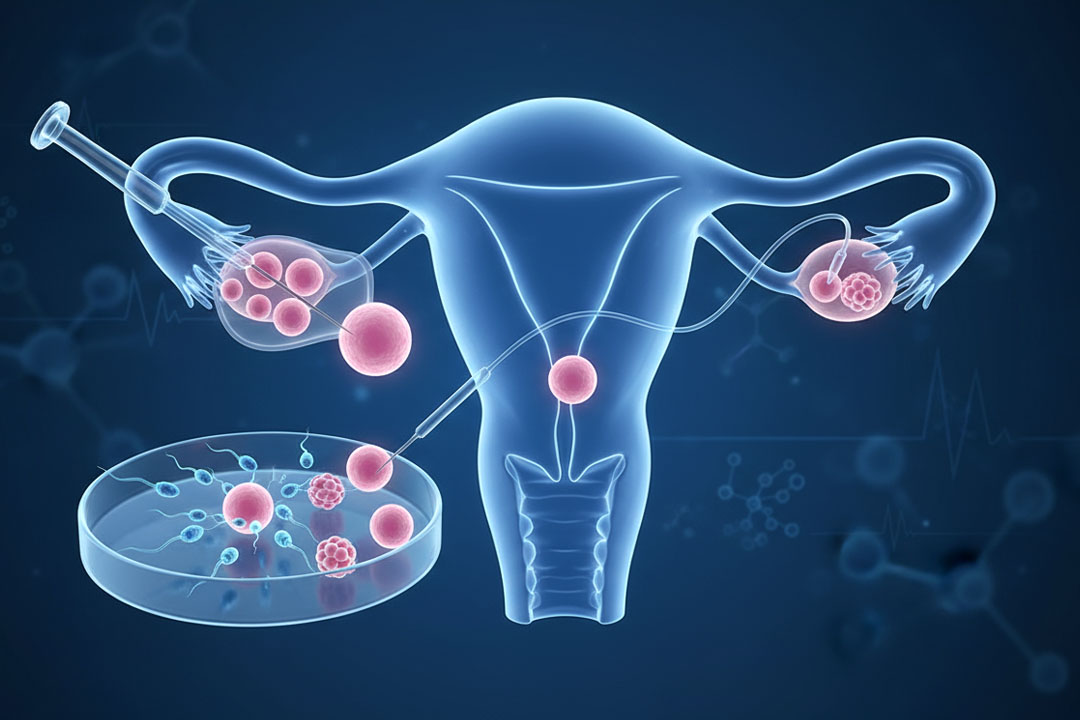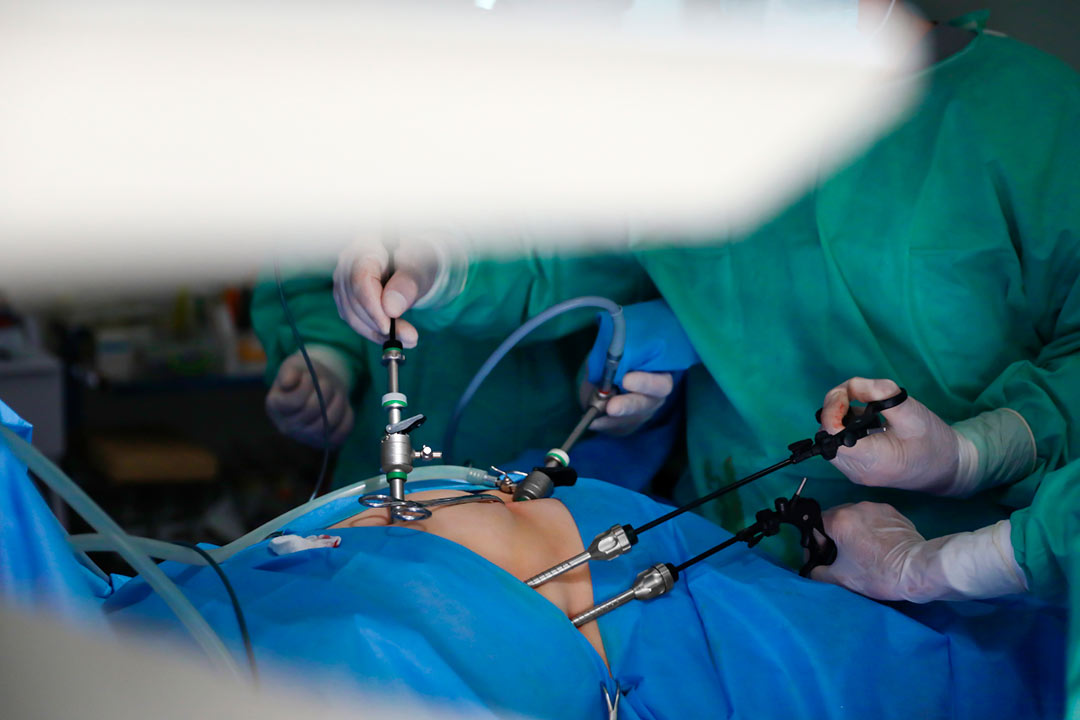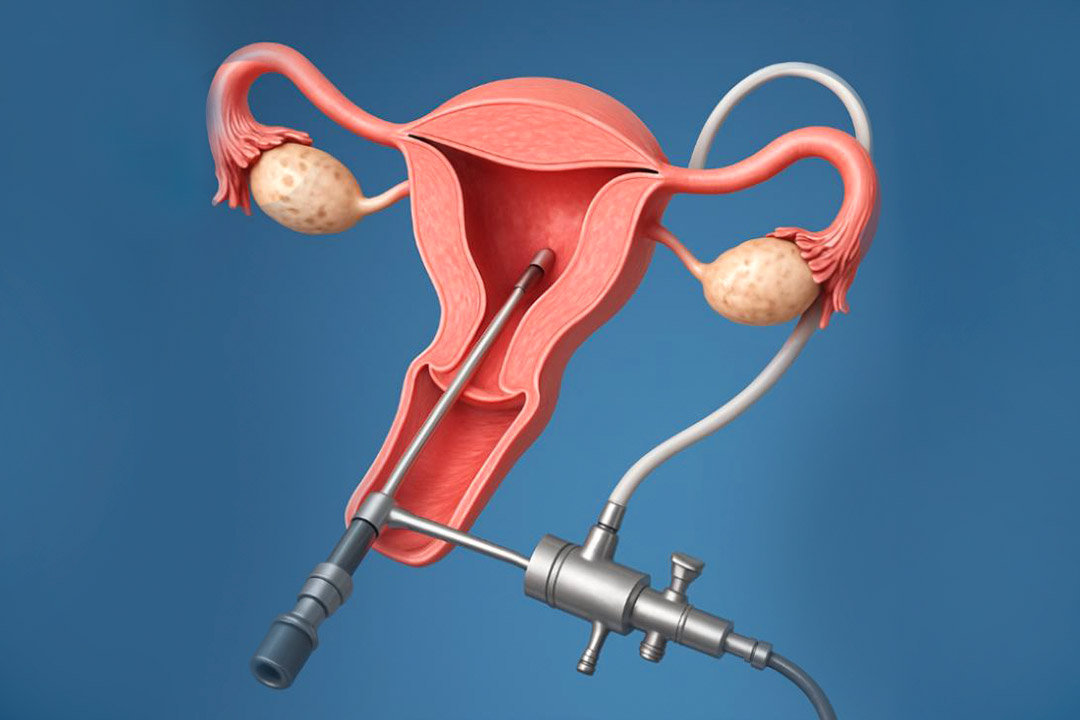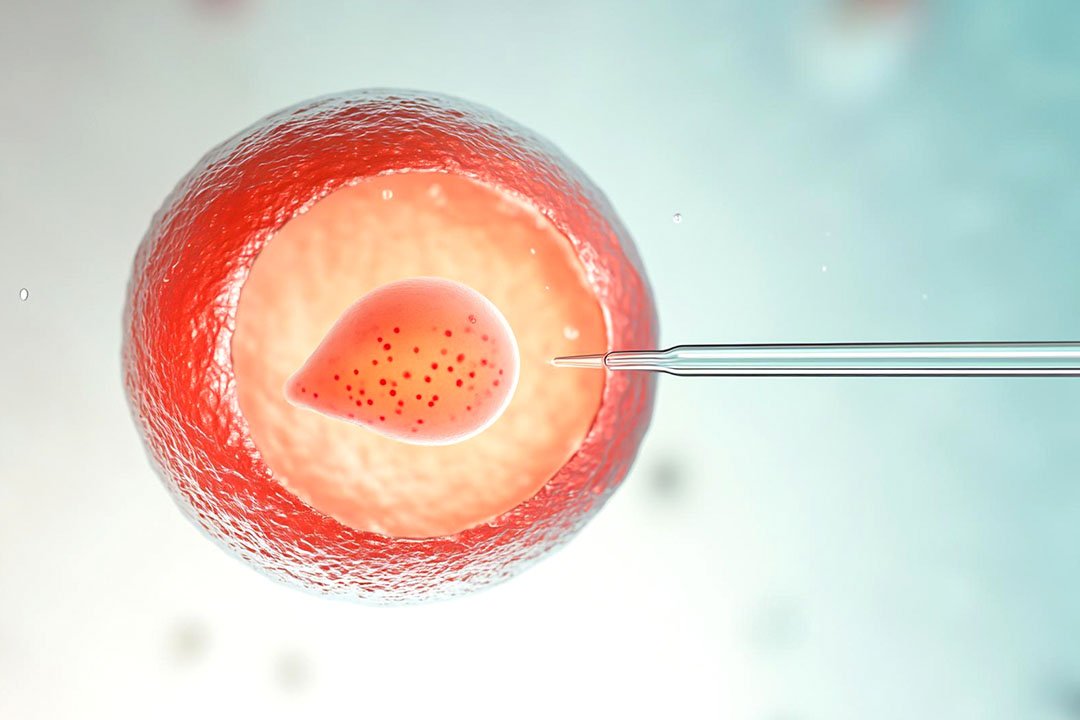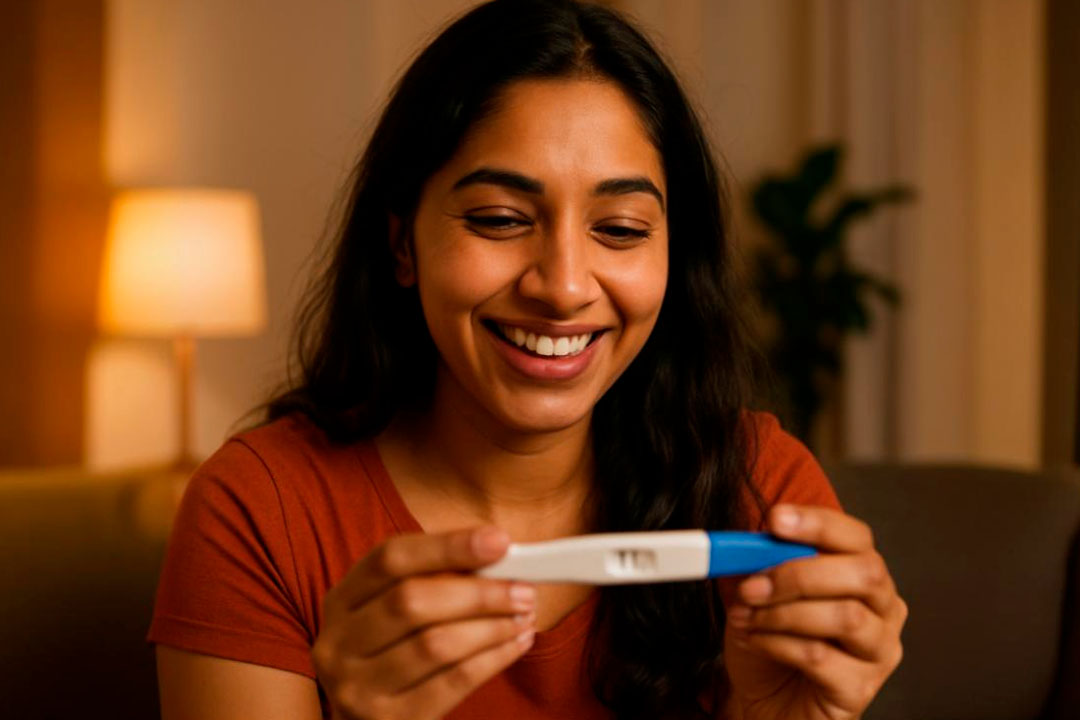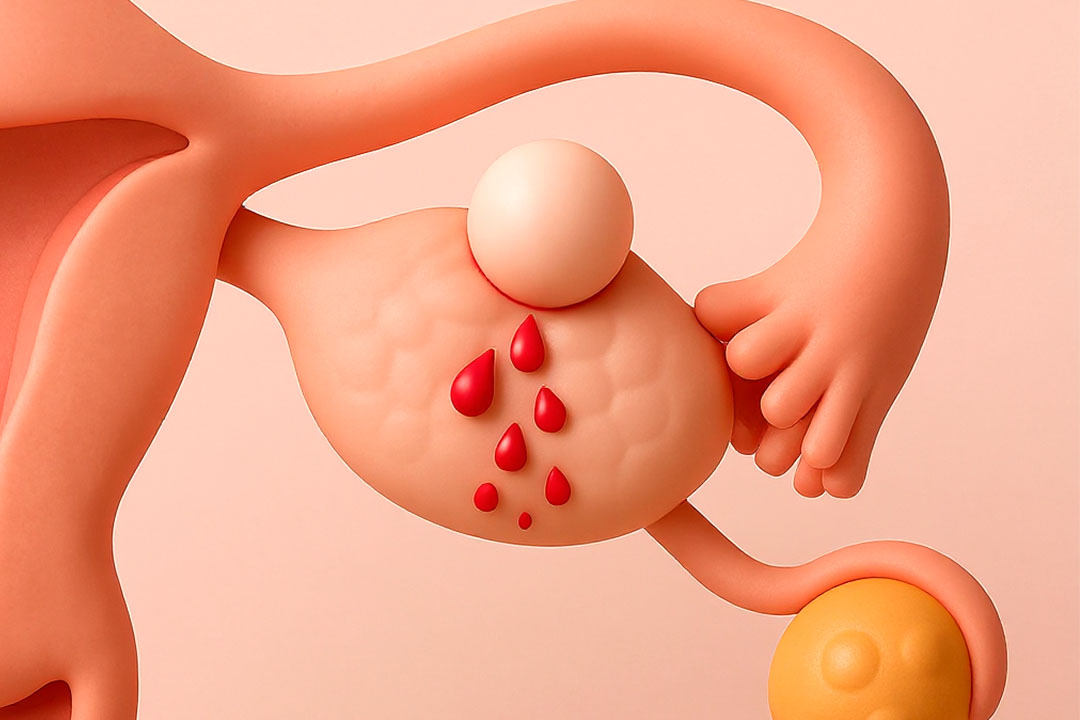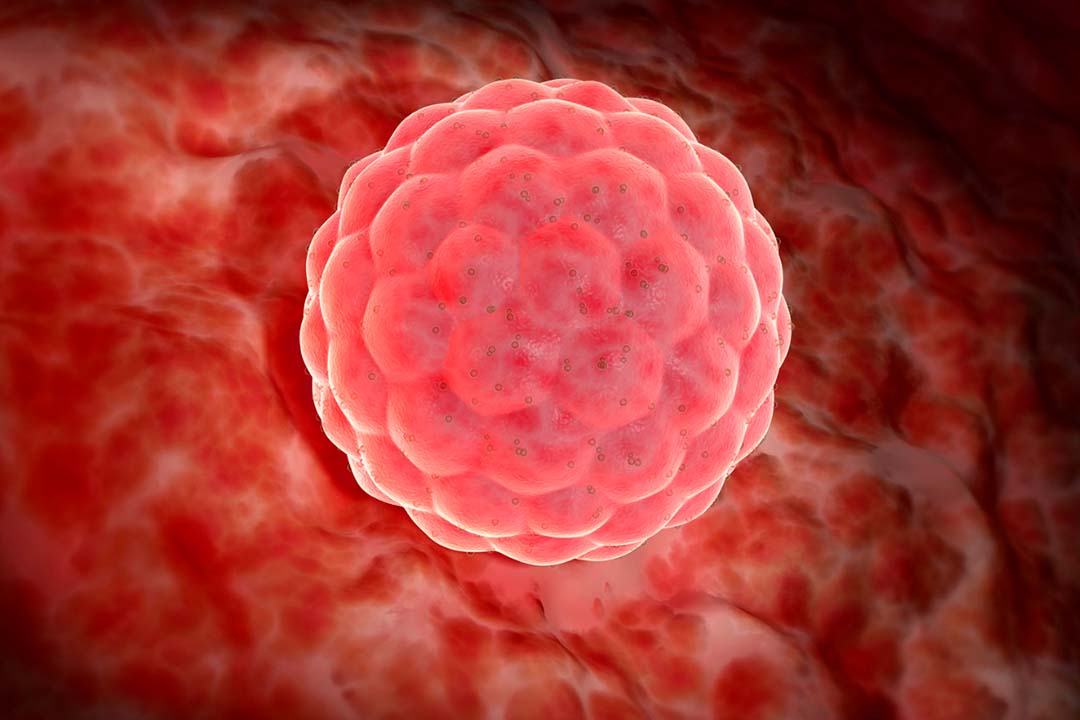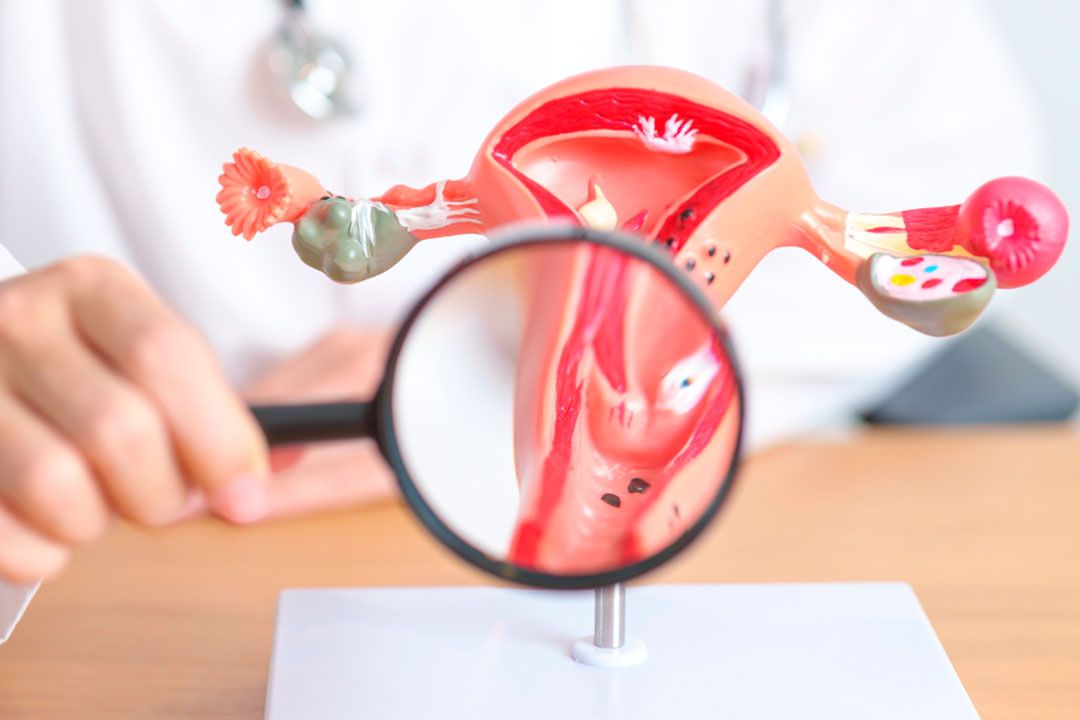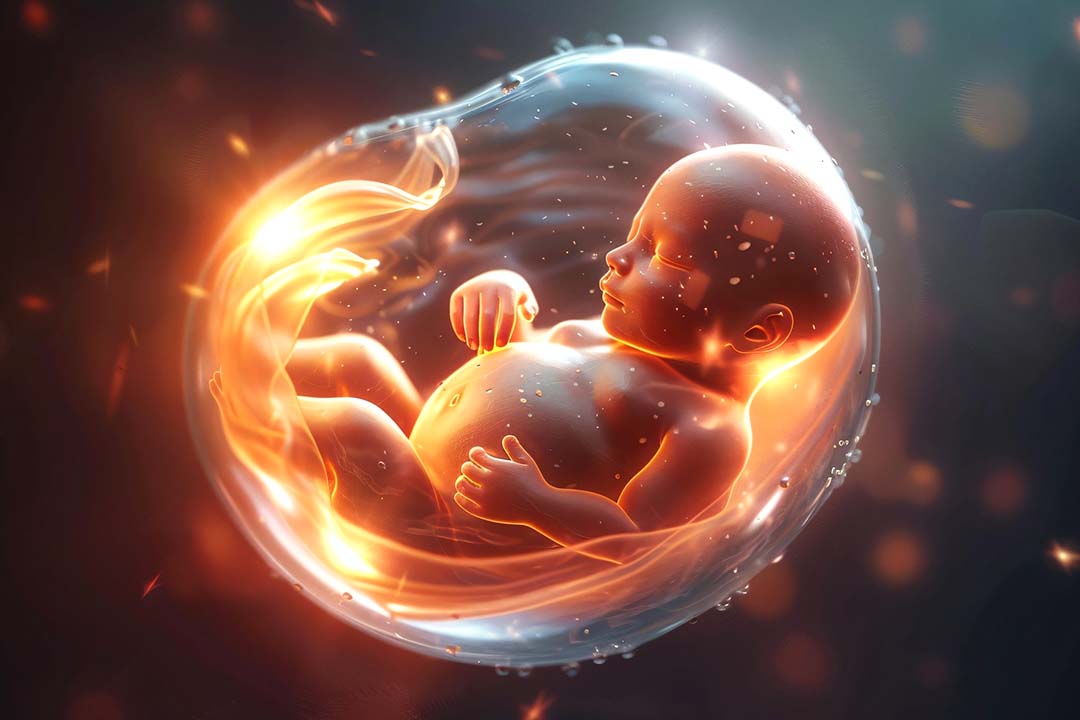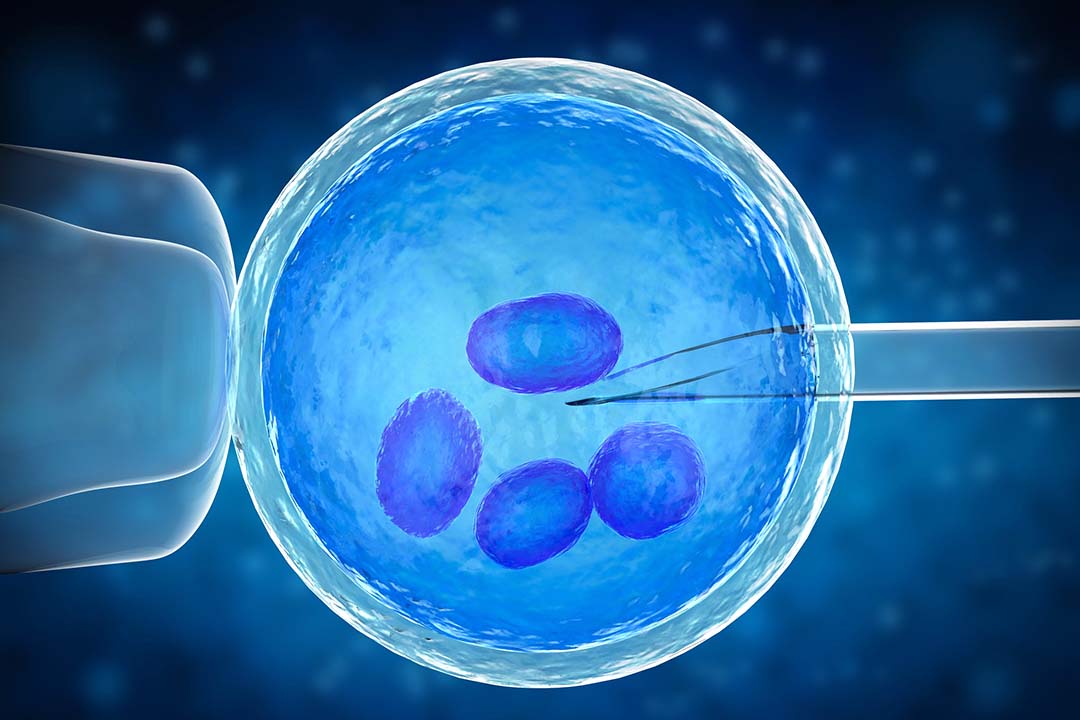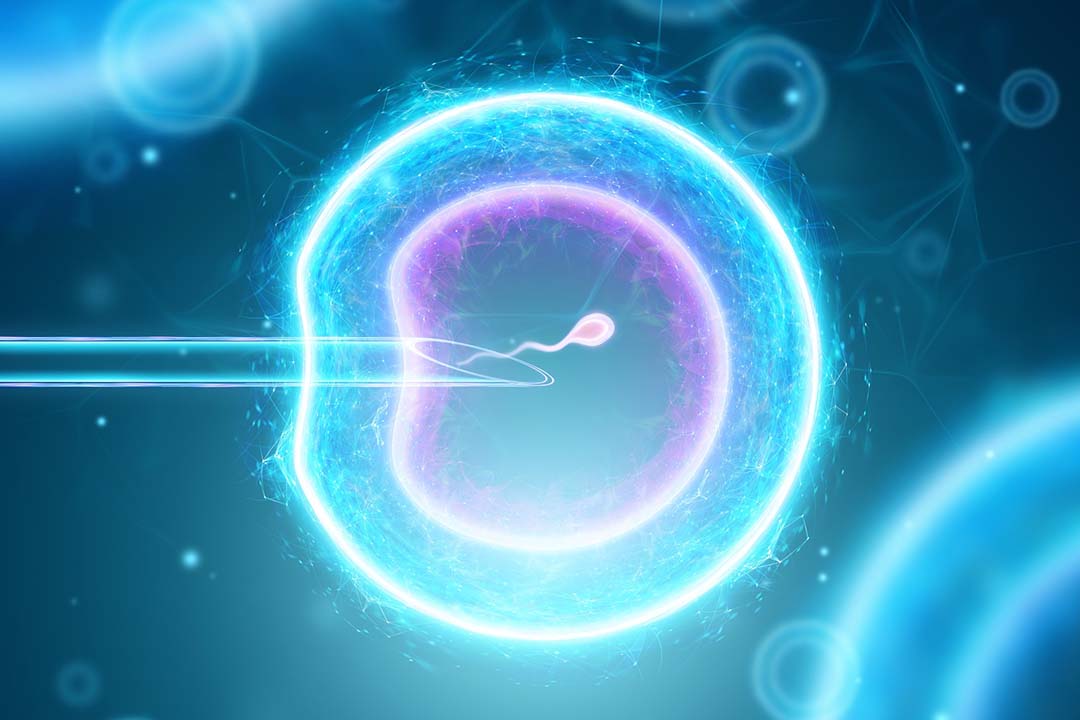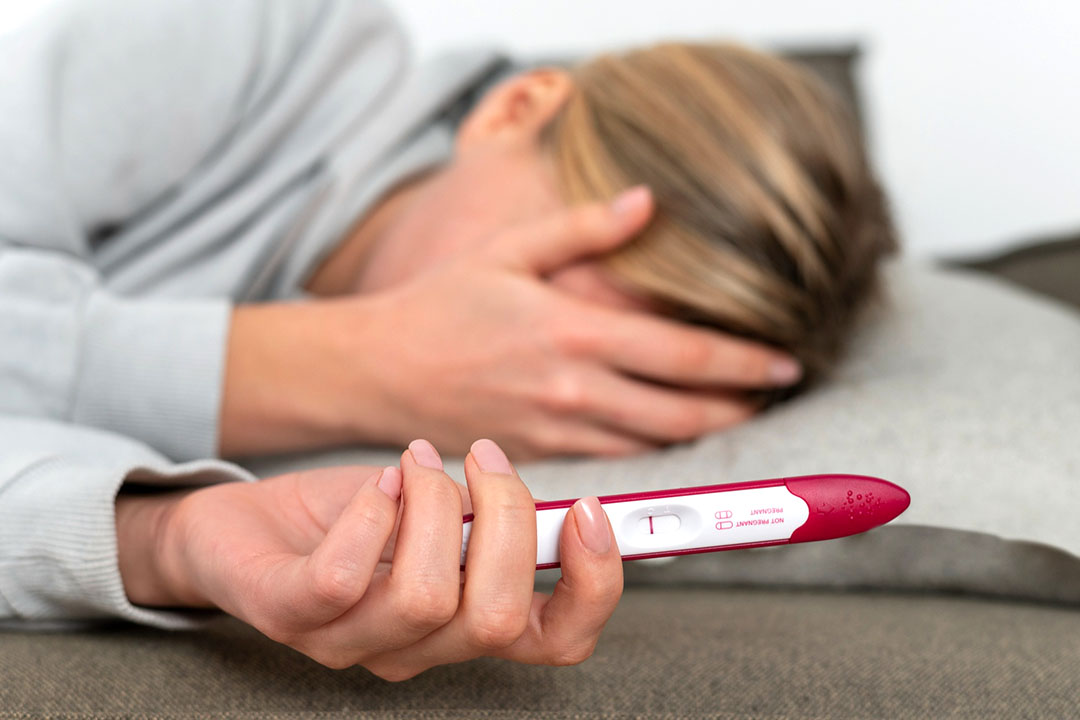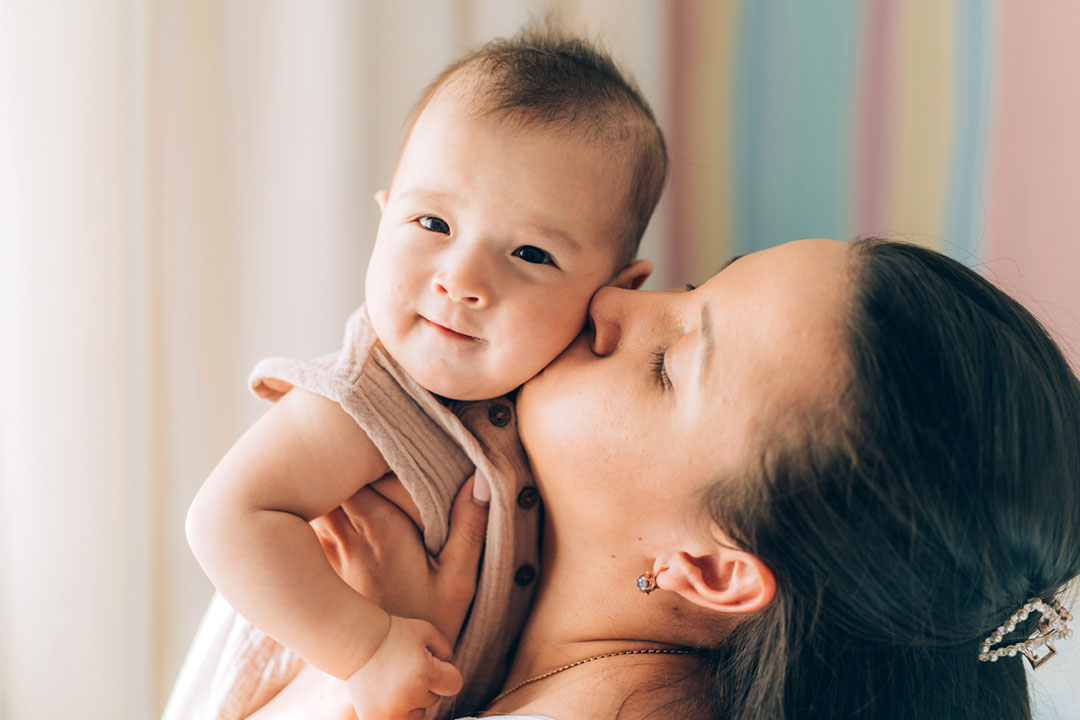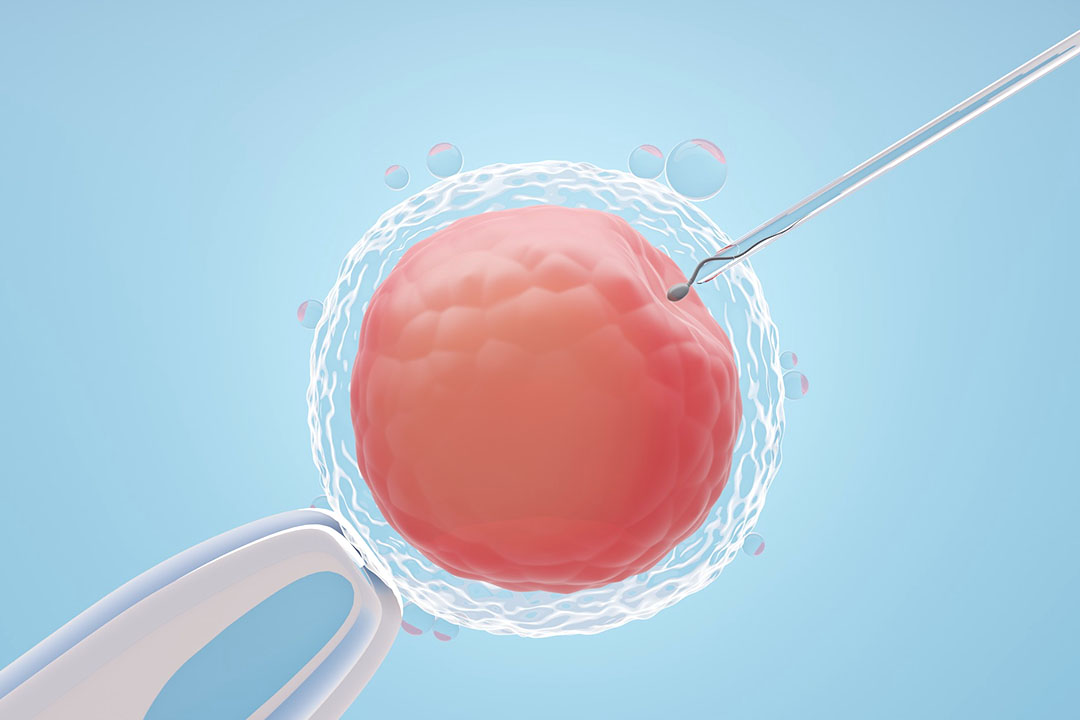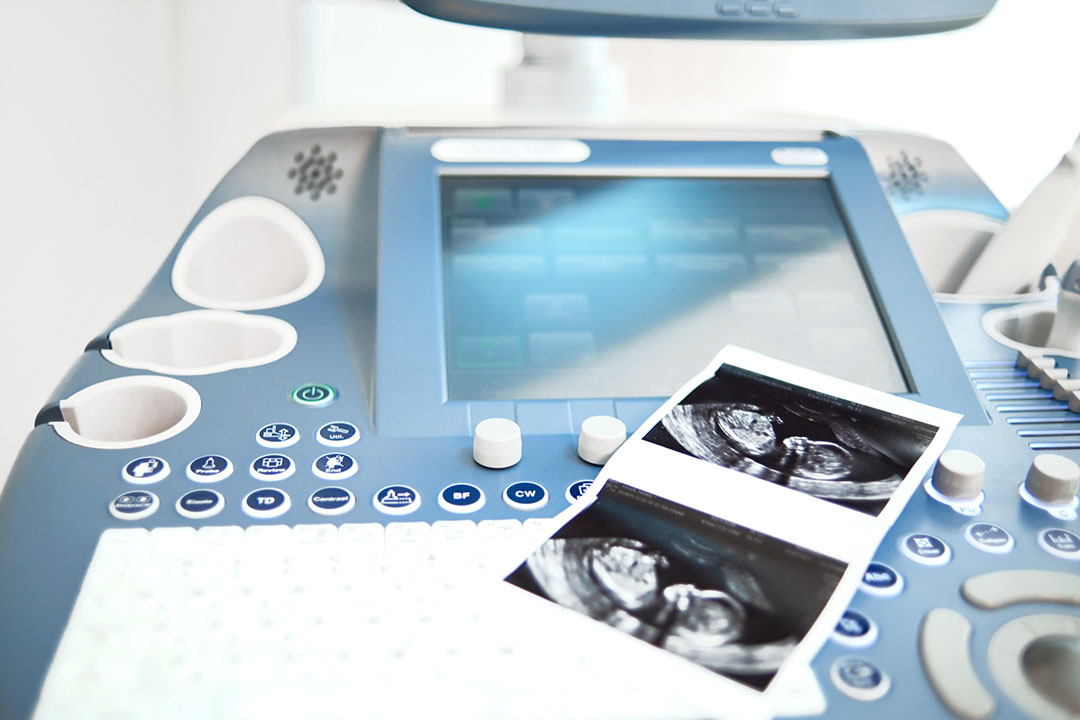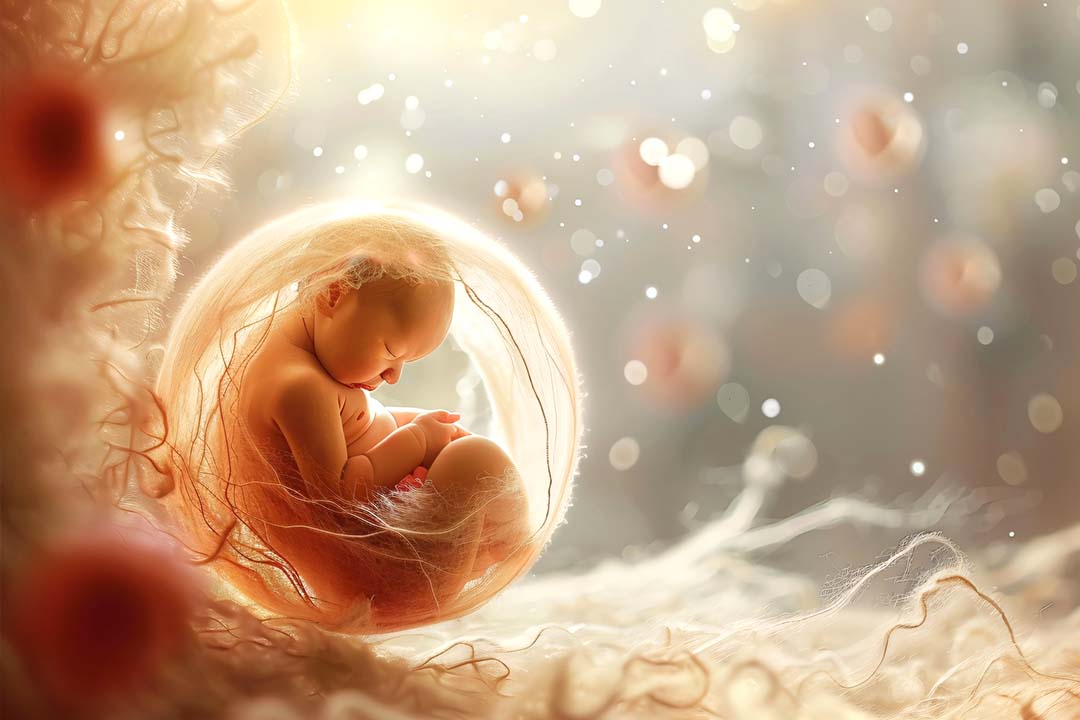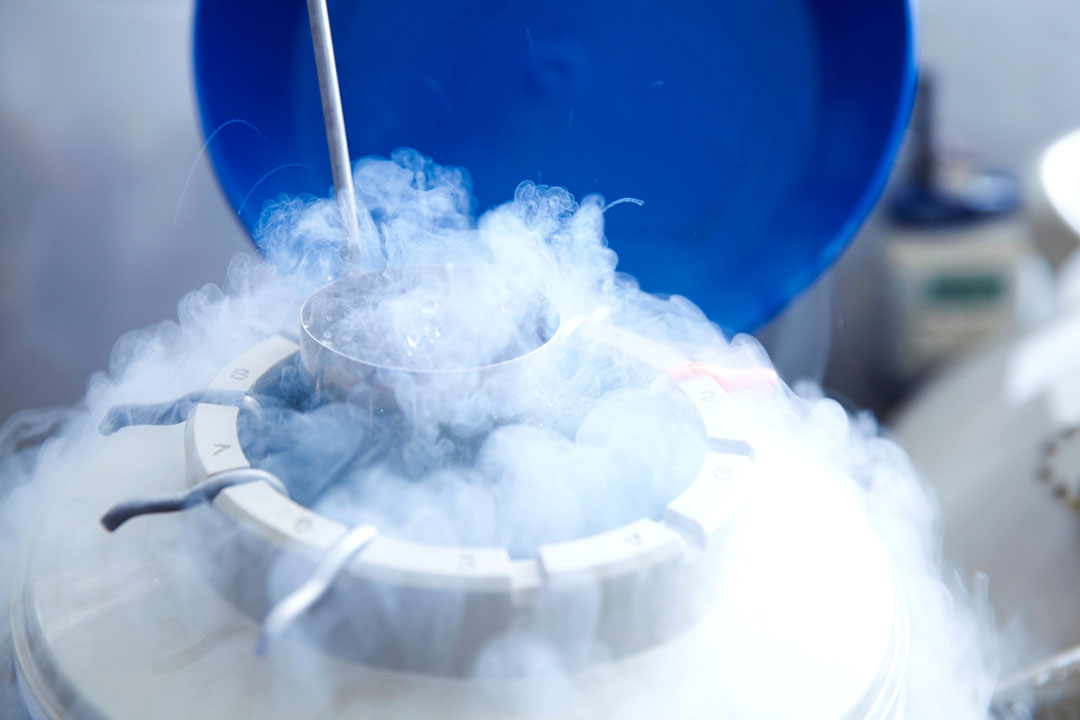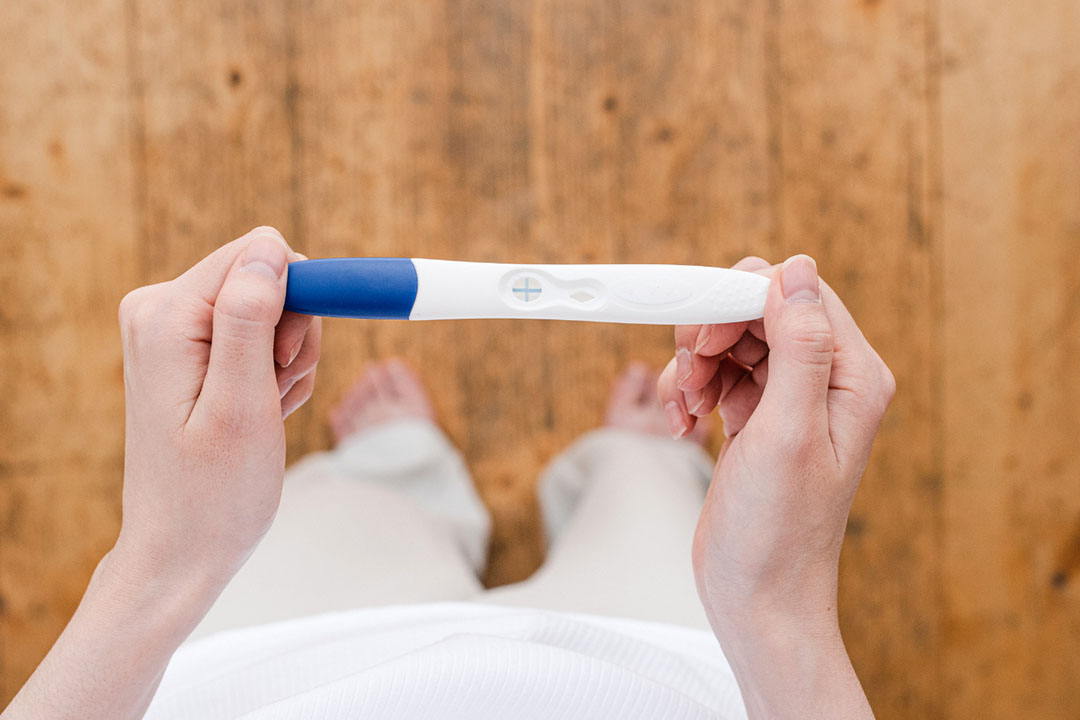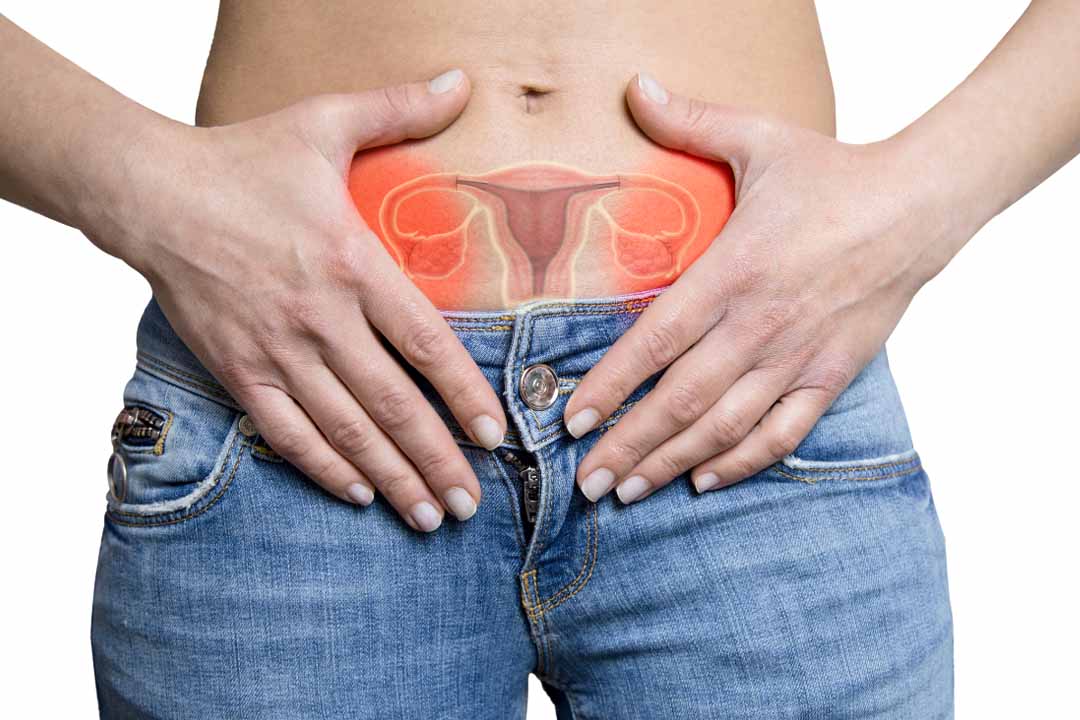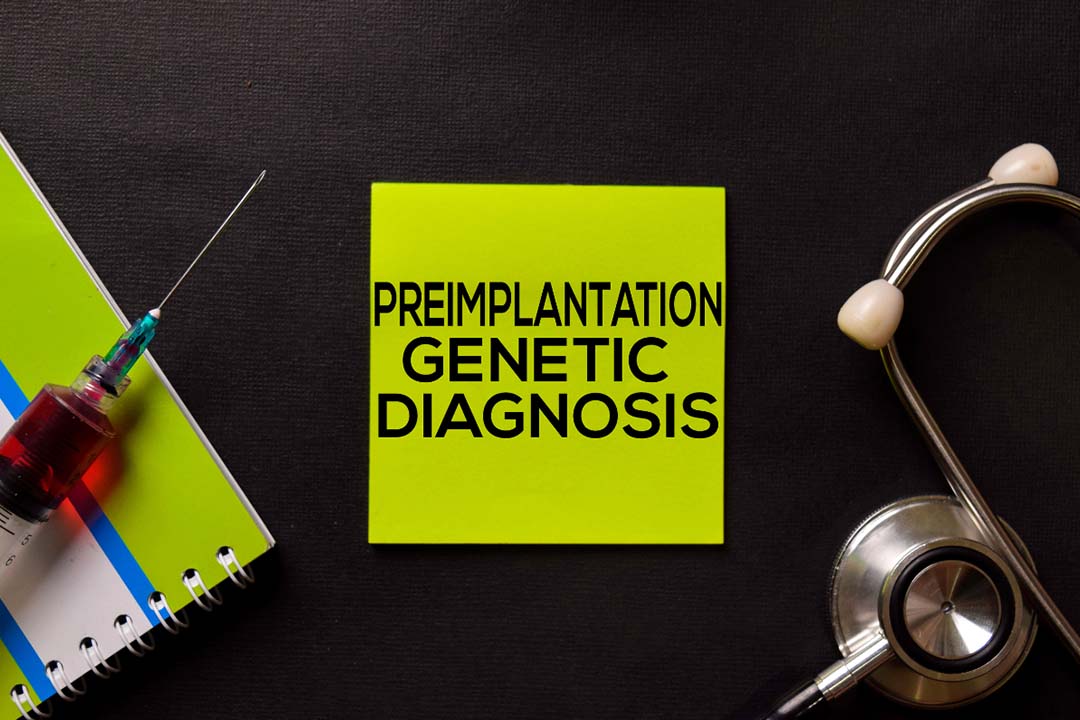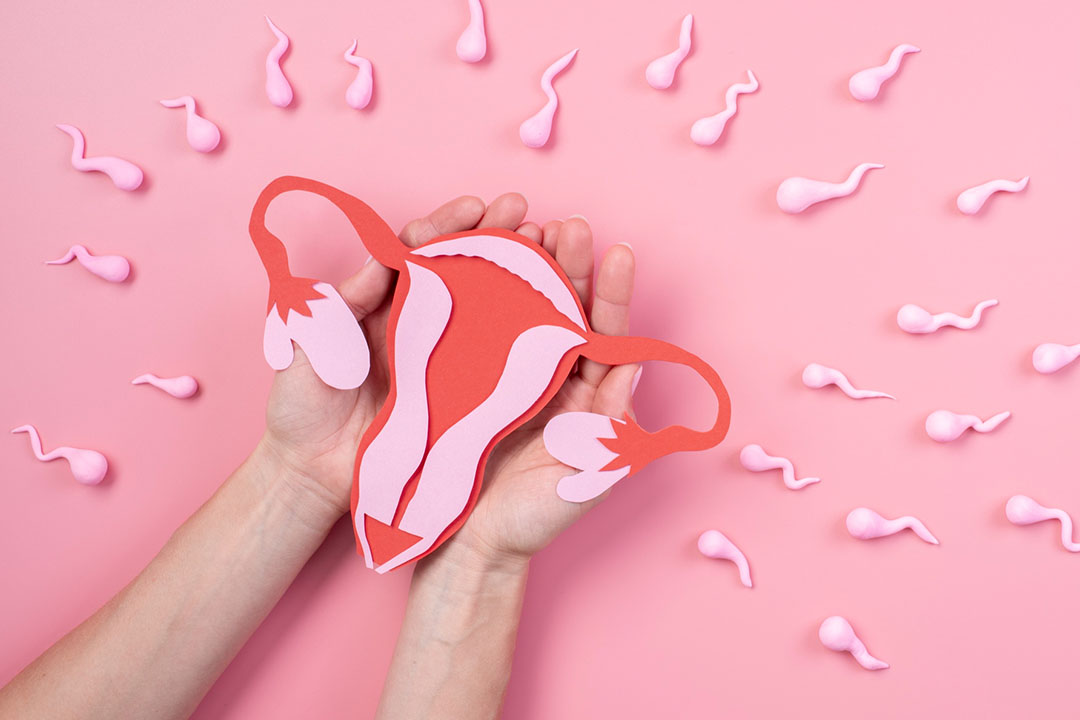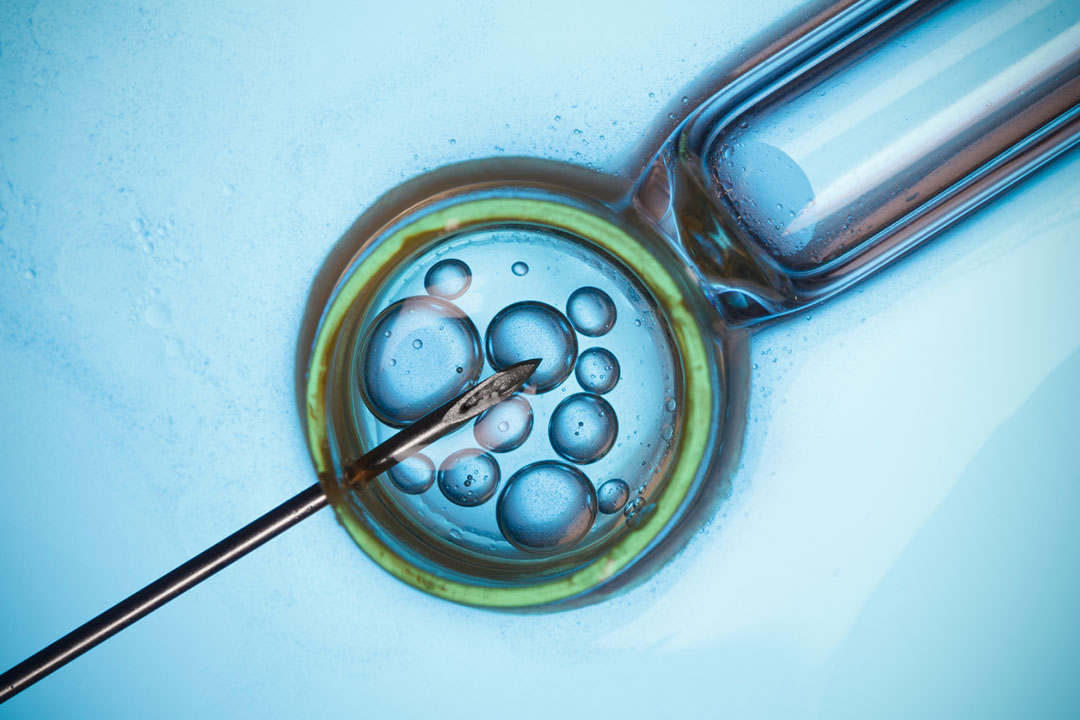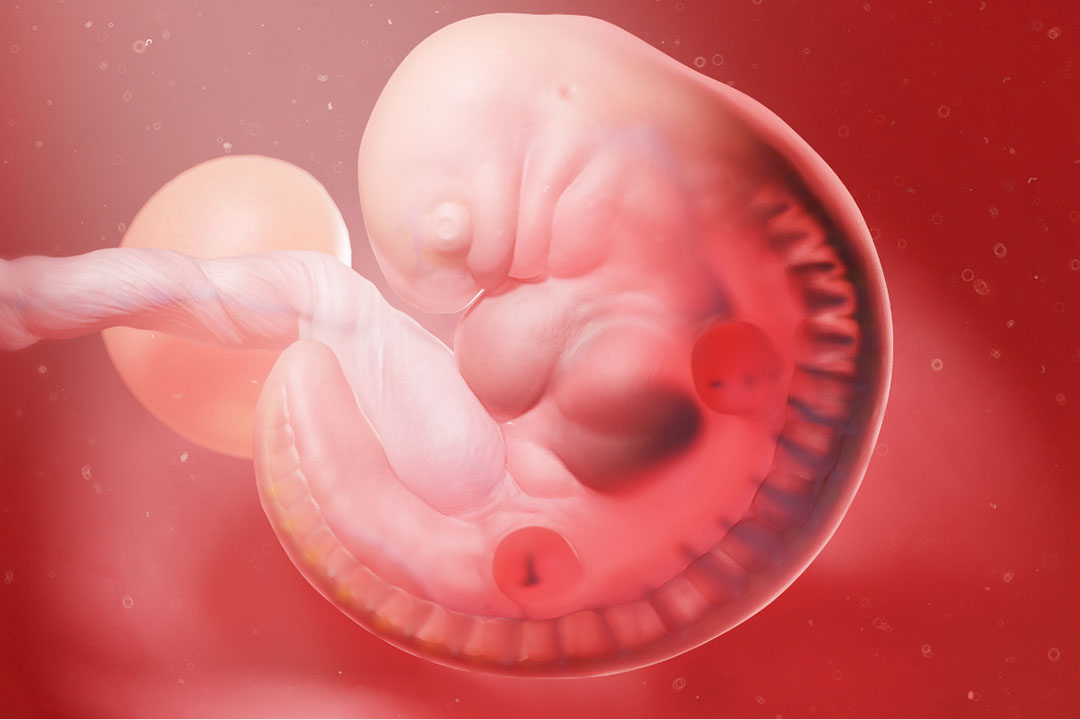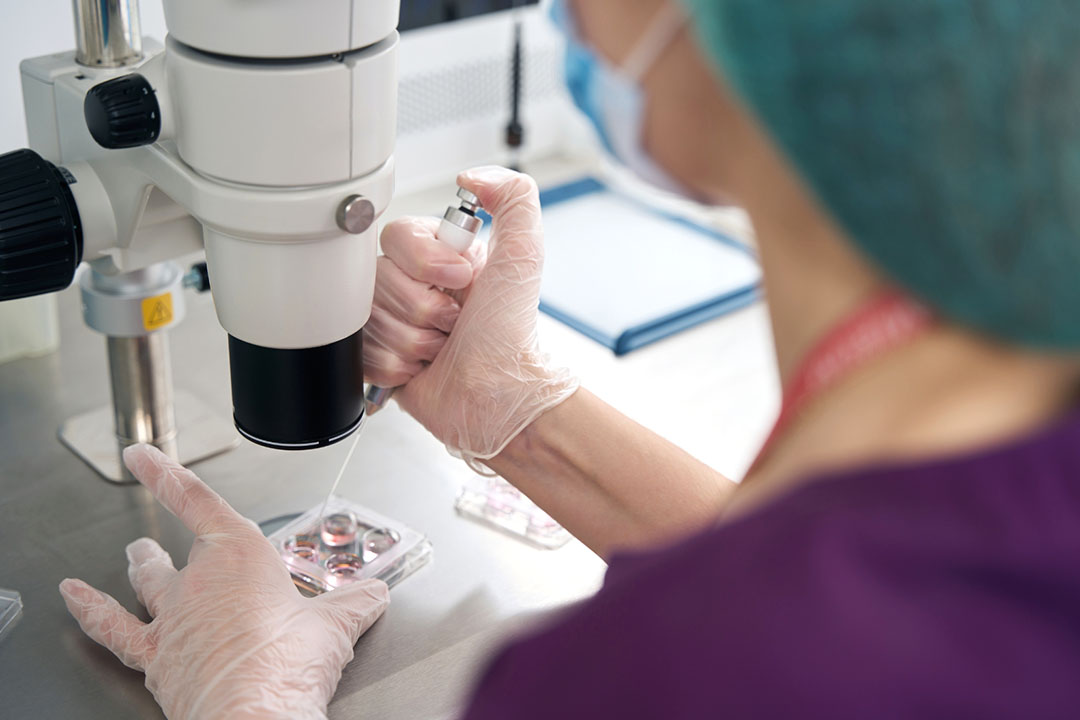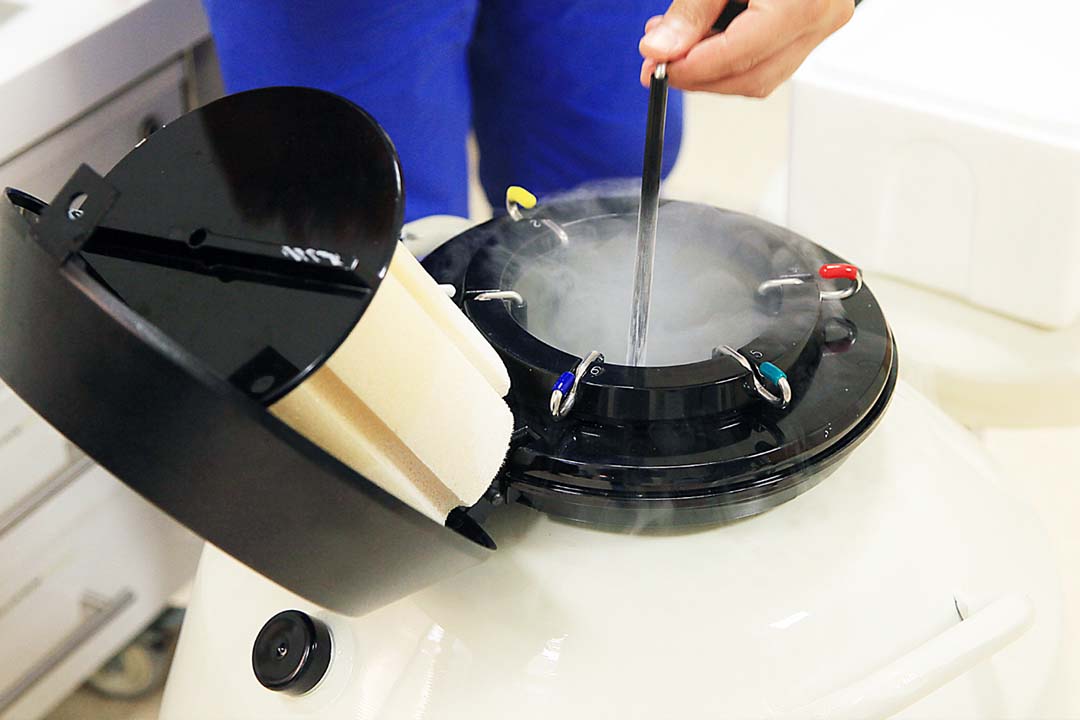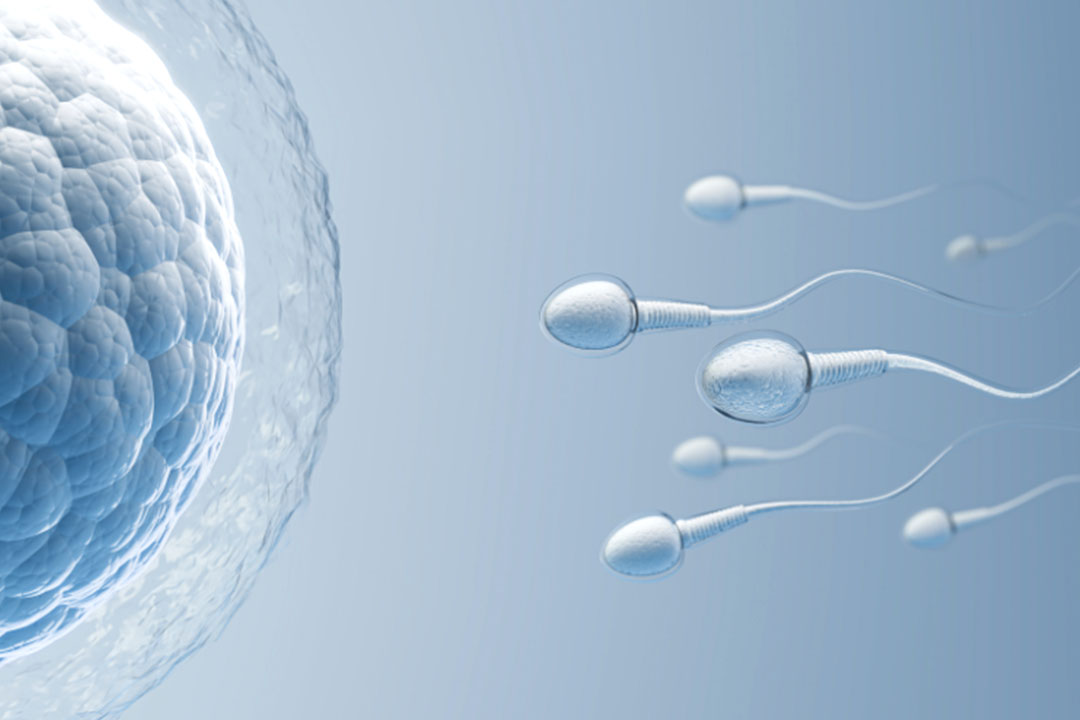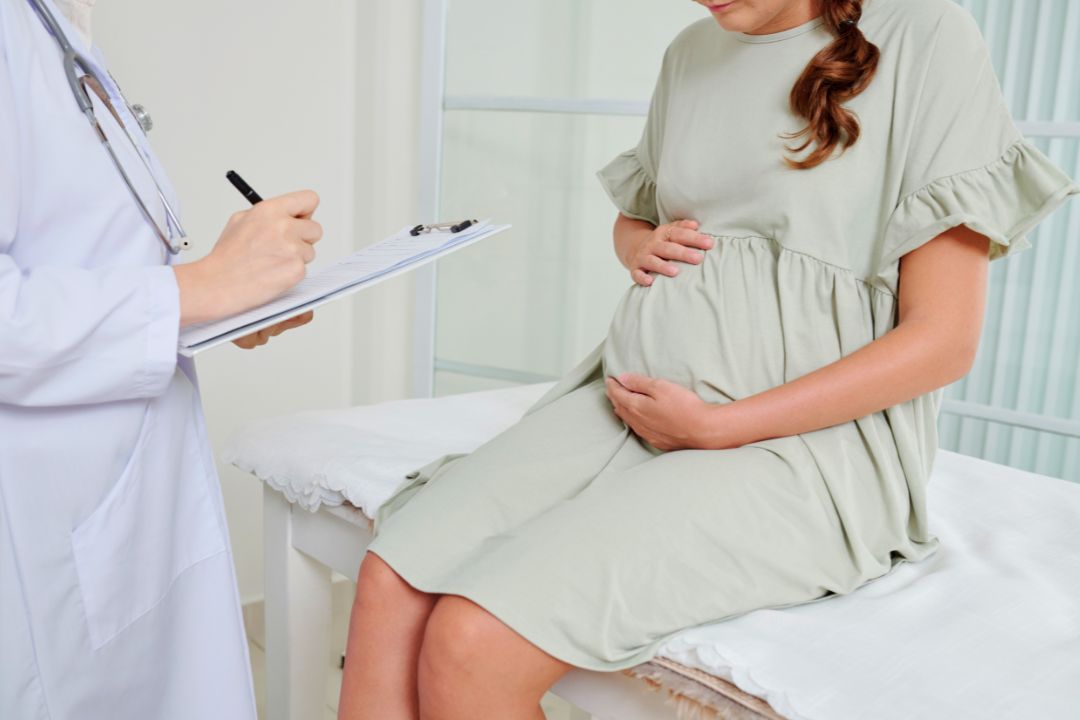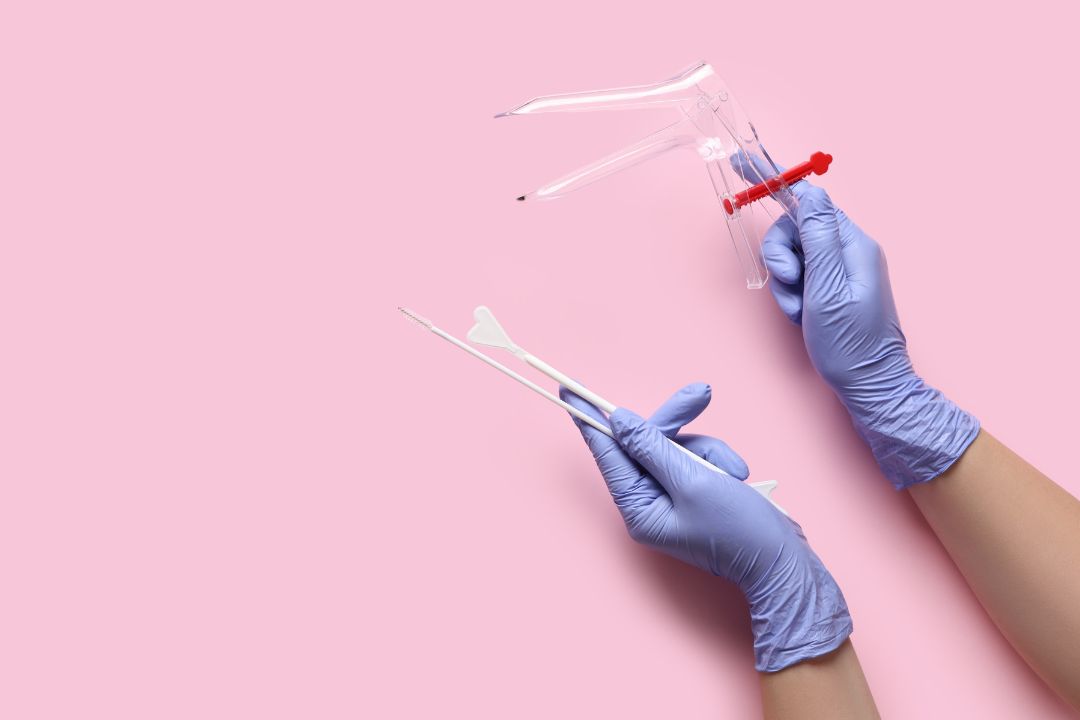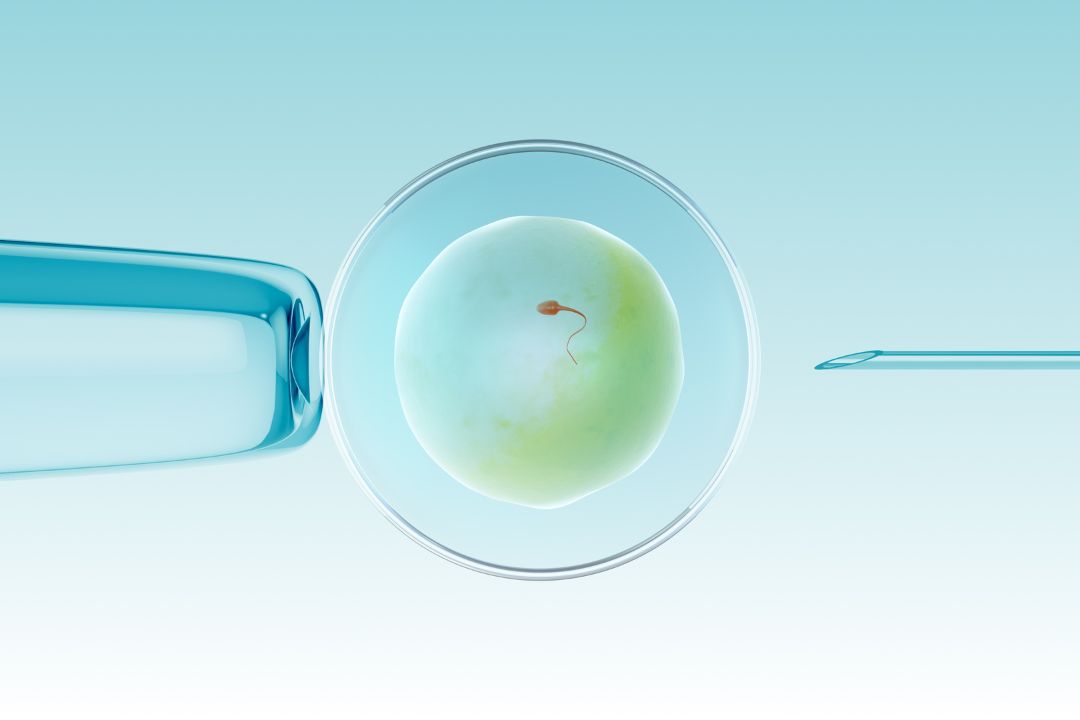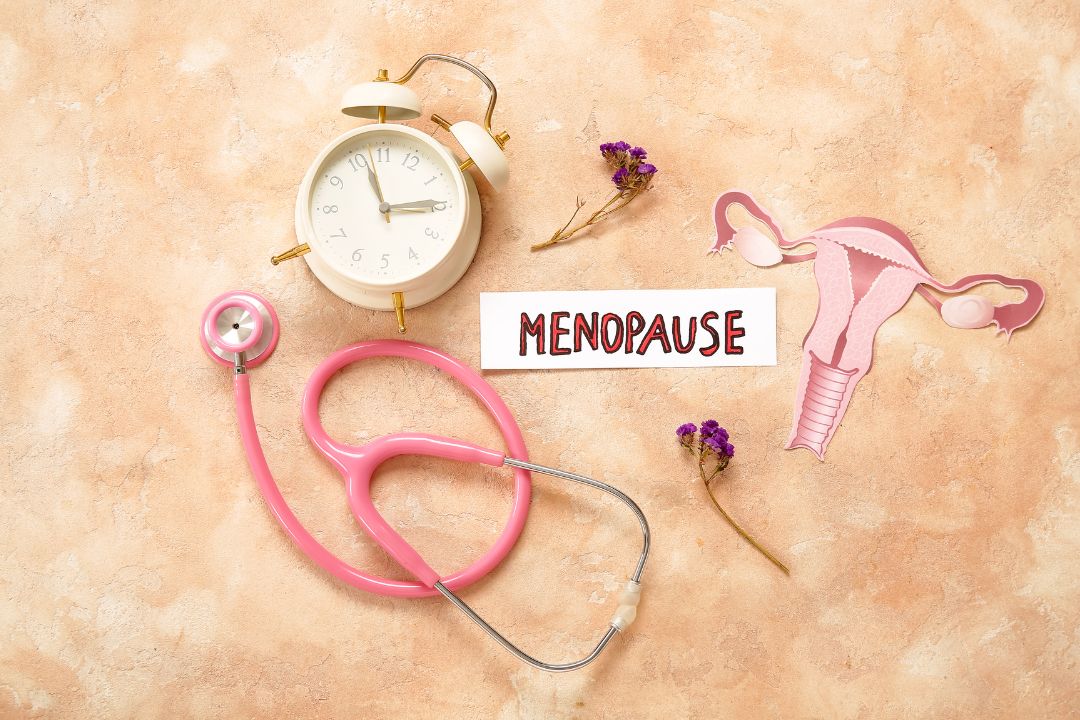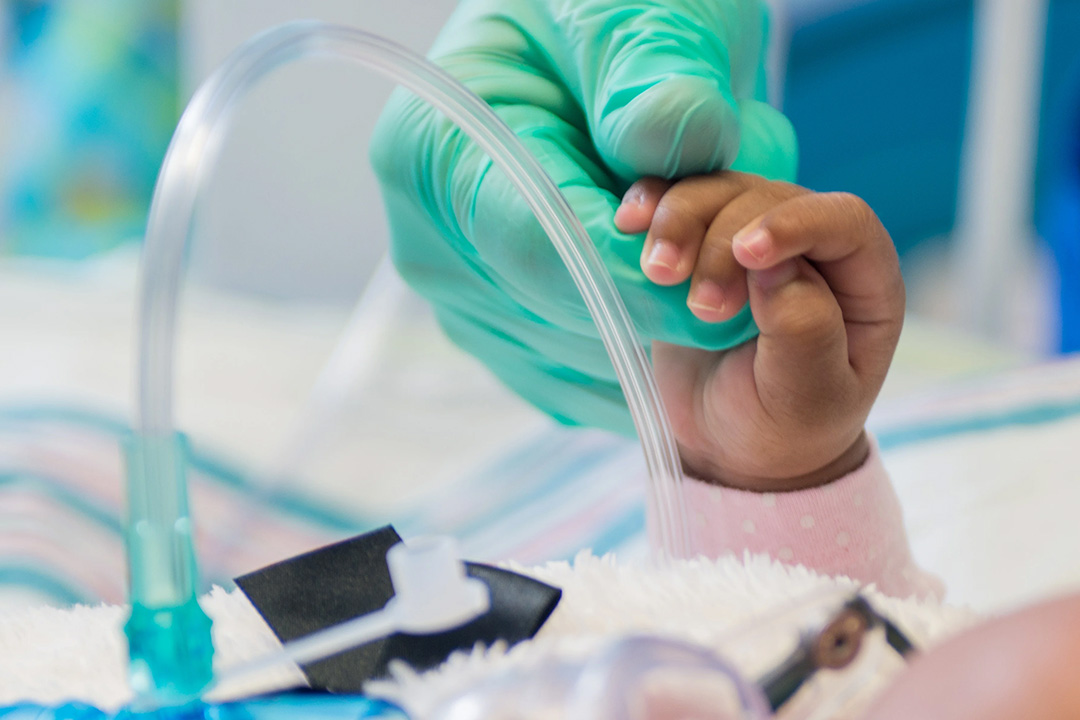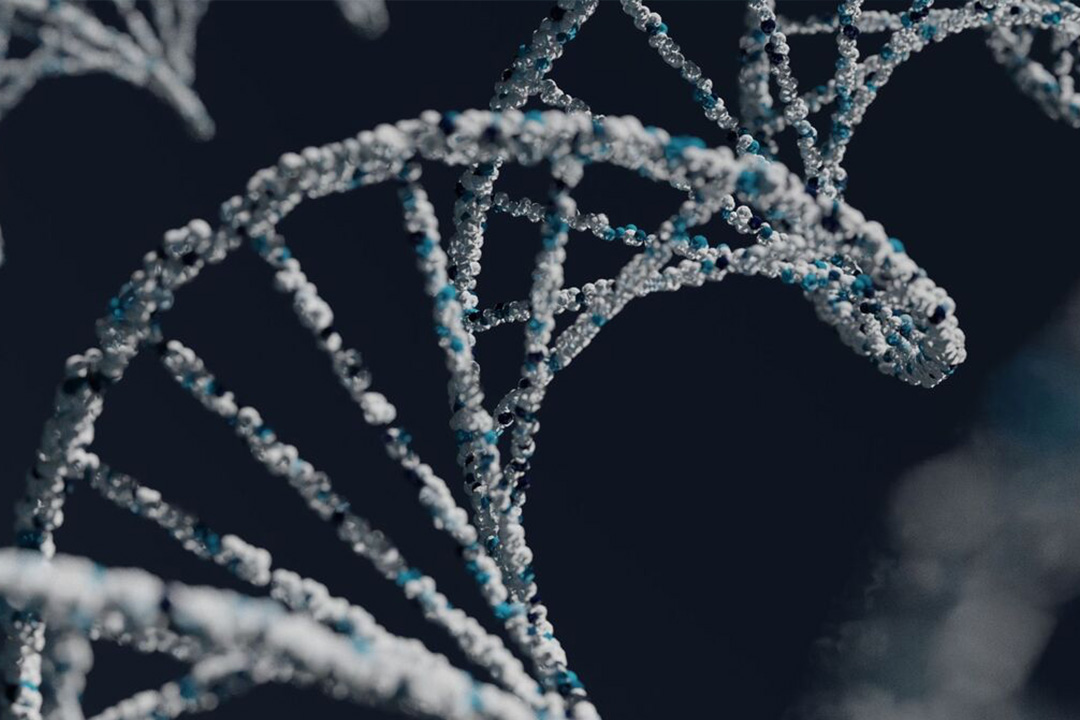IVF Treatment Age Limit: Understanding the Boundaries and Success Rates
In vitro fertilization is changing reproductive medicine by giving hope to many people and couples experiencing infertility. However, one of the most important issues about treatment for IVF is the age limit for people seeking it.
Age is an important factor in fertility since it affects IVF success rates and overall physical health for both the mother and child. This article examines the IVF age limit, including how age impacts fertility, the minimum and maximum age standards in India.

Impact of Age on IVF Success Rates
Age is a significant factor of IVF success rates. The quantity and quality of women's eggs drop as they age, especially beyond the age of 35. This decline continues after the age of 40 which results in a lower chance of successful fertilization and implantation.
For example, women under the age of 35 have the highest success rates, which frequently exceed 40%. In comparison, success rates fall to roughly 13.4% for women aged 41 to 42, and to about 4.1% for those above 42.
Minimum Age for IVF in India
In India, fertility clinics often have a minimum age limit for women who undergo IVF treatment of 21 years old. This minimal age guarantees that patients are mature enough to handle the mental and physical demands of the treatment.
Also, it falls within the general reproductive age range which increases success rates while lowering health concerns. The earlier age means that the patients are at a stable stage of their lives, both personally and physically. This is to deal with the complicated nature of
IVF treatments.
Maximum Age for IVF in India
In India, the maximum age for IVF is typically set between 42 and 45 years old, based on the sharp decline in fertility rates and the increased risk of chromosomal abnormalities in eggs as women age. Clinics frequently set these limits to balance ethical considerations with the realistic chances of achieving a successful pregnancy.
Beyond this age range, the risks of pregnancy complications, such as gestational diabetes, preeclampsia, and cesarean deliveries can increase. An upper age limit is helpful in managing these risks effectively.
These health concerns not only affect the mother's well-being but also pose risks to the developing fetus. Therefore, the age limit for IVF treatment for women is set to mitigate these health risks and improve the chances of a healthy pregnancy and childbirth.
IVF Age Limit for Women: Biological and Health Considerations
The biological factors determine the age limit in IVF treatment for women. Women are born with a certain number of eggs. With time these eggs decrease in quality.
Their quality suffers as a result of the negative impact on the chances of fertilization and afterwards the growth of viable embryos. Older women are more likely to have chromosomal abnormalities. This increases the risk of miscarriage and genetic disorders in their offspring.
Ethical Considerations in Setting IVF Age Limits
The issue of age limitations in treatment with IVF causes serious ethical concerns. For example, one side believes that there should be no maximum age limitations for IVF treatments and that women should continue to get IVF treatment as long as they are biologically capable of carrying the pregnancy.
In this sense, individual choice and advances in medicine that improve the possibilities and risks related to the treatment are highlighted as the key concerns.
Opponents argue that age limitations will reduce the futility of treatment while also protecting mother and child health.
According to them, trying to treat older women for whom IVF success is limited is pointless. It results in unnecessary suffering and misery for a family. Finally, advanced maternal age causes a variety of difficulties. It makes some risks reasonable to avoid by right age limits.
Women who are past the ideal reproductive window can utilize donor eggs. It can drastically boost their chances of a healthy pregnancy.
Donor eggs from younger women have greater quality and better genetic profiles. It increases the overall success rate of IVF treatments for older women.
Modern IVF Development
New IVF technology has lately created new opportunities for women who want reproductive therapy at an older age. Egg freezing allows women to preserve their eggs at a young age for later use. Also, Preimplantation genetic testing (PGT) can detect viable embryos.
This increases the chances of a successful pregnancy in older women. The various innovations these represent have a direct potential for making the window to reproduce even much longer than today.
For women who have reached the standard age limitation for using their own eggs, donor eggs become an appealing option. Donor eggs are taken from younger women, which results in superior quality and genetic integrity. This would boost the chances of successful fertilization, implantation, and a live birth.
Using donor eggs can be particularly useful for women in their late 40s who want to pursue IVF therapy. It helps people to have a successful pregnancy while eliminating the major decline in success rates linked with their own egg quality and quantity.
However, the use of donor eggs poses ethical and emotional concerns. This includes the consequences for the child and the dynamics of the donor-conceived relationship.
IVF Age Limit for Men
Although women's ages have been a key focus of IVF treatments, male ages are similarly very important. For men, advanced reproductive age is typically defined as being above 40 or 45 years old.
Even though men can produce sperm throughout their lives, the quality of sperm declines with age. This increases the chance of chromosomal abnormalities.
These factors may result in lower success rates in older men due to their effect on fertilization and embryo development. Advanced paternal age has also been linked to higher risk of genetic diseases and health concerns in children. Thus, male age has a role in determining the general success rate and safety of IVF procedures.
Conclusion
The age limitation for IVF treatment is a complex topic that involves biological, ethical, and medical factors. Although there is no global legal age restriction for IVF, most doctors believe that the best age range for women to undergo IVF is under 35 years.
This is because success rates and health rapidly declines after the age of 40. Most fertility clinics in India specify a minimum age of 21 years and a maximum age of 42 to 45 years.
Advanced IVF methods, such as egg freezing and preimplantation genetic testing, have helped older women to carry out reproductive treatments. The main challenges in the argument about the need for age limitations for IVF remain advanced mother and paternal age.
IVF treatment for older women and men should always be considered individually with respect to their unique clinical scenario.
Keep in mind risks versus benefits and not as simply based on numbers. Ongoing research and conversation will continue to improve age-based recommendations so IVF remains the best option when patients need it most.
References

About Us
AKsigen IVF is a premier center for advanced fertility treatments, with renowned fertility experts on our team. Specializing in IVF, ICSI, egg freezing, and other cutting-edge reproductive technologies, AKsigen IVF is committed to helping couples achieve their dream of parenthood. With personalized care and a patient-first approach, AKsigen IVF provides comprehensive fertility solutions under one roof.






















